
News and Events
Victoria Peak Hiking and Farewell Party 🎉🍾~
We hiked up Victoria Peak together and at the top, we threw a little farewell party for Dr. Xia and Dr. Winny with snacks, dishes and laughter. A warm ending to our time together and best wishes to Dr. Xia and Dr. Winny in their future endeavors!


21/11/2025
Congratulations to Winny!🎊🎊
Winny successfully passed her Ph.D. thesis defense! Big congtras to Dr. Yue!
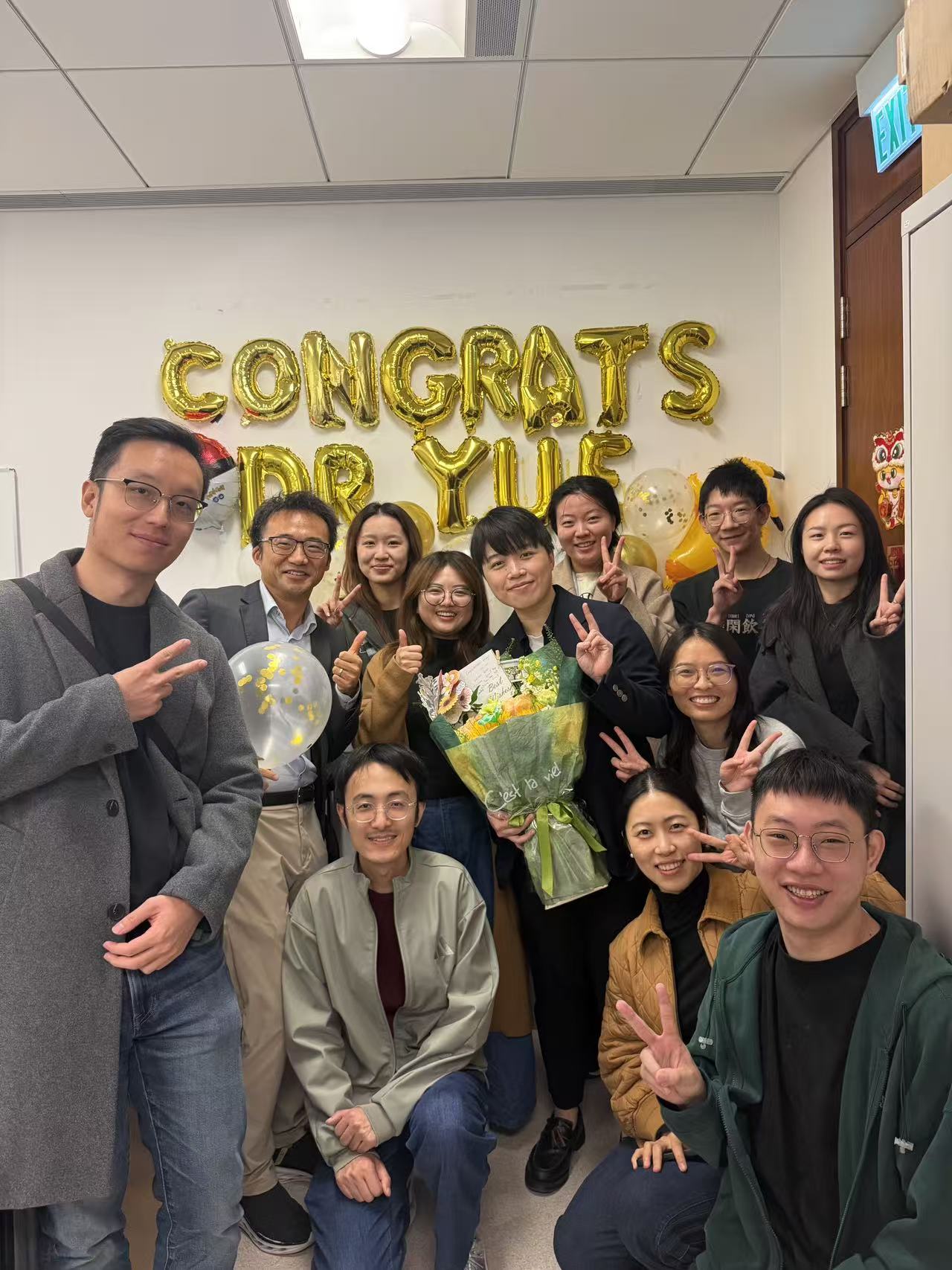
21/11/2025
Yay for Our Awesome Lab Helpers on Open Day
Winny, Evokee, Sen, Chenyang and Joy played a key role in introducing attendees to the Department's advanced research facilities on HKU's Open Day. They provided engaging tours and demonstrations in the SCN Lab and the EEG Lab, offering a glimpse into the world of psychological science at HKU.

25/10/2025
Happy Teacher's Day!
Thanks for Joy who designed this beautiful card~

10/09/2025
Welcome to our new members!
Welcome to our new Ph.D. student Chenyang and new M.Phil. student Joy! Chenyang's research interest lies in sleep and multi-modal physiological signals. He plans to work on closed-loop stimulation in individuals with insomnia. Joy obtained her bachelor's degree in Psychology and her research interest centers on memory editing and prosocial behavior. Welcome again!


26/08/2025
Congratulations to Sean!
Sean completed his Ph.D. thesis defense on "The Role of Memory in Correcting Misinformation". His work focused on the timely issue of misinformation, and how remembering corrections helped to reduce belief in misinformation. Using EEG and online experiments, he explored effective ways to correct causal misinformation and AI-generated visual misinformation. Congratulations, Sean!
11/07/2025
Congratulations to Shengzi and Danni!
At the HKU Research Postgraduate Symposium cum Award Presentation Ceremony, Shengzi, one of our PhD graduates,
received the prestigious HKU Foundation Award for Outstanding Research Postgraduate Students 2022-23 for her
exceptional thesis titled "Examining Sleep's Role in Emotional Memory Processing."
This award recognizes students who have submitted a thesis of outstanding quality and demonstrated excellence in other academic areas.
Dr. Hu received the award on behalf of Shengzi.
Additionally, Danni was honored with the Dissertation Year Fellowship, a prestigious program that supports selected
outstanding final-year PhD students in pursuing an additional year of advanced training at the University after successfully
passing their thesis examination and rated as top 10%.
Congratulations to Shengzi and Danni on their remarkable achievements!
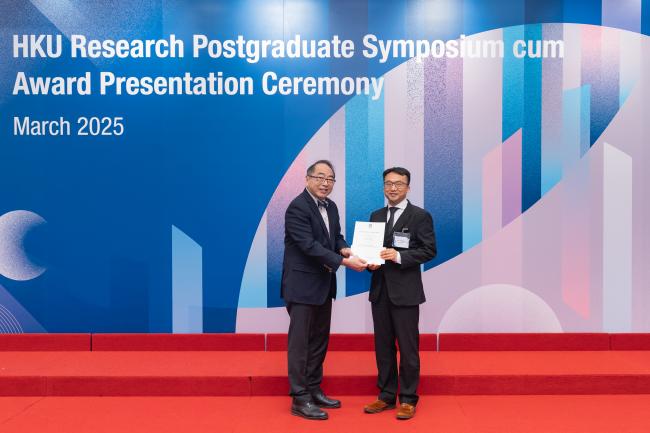
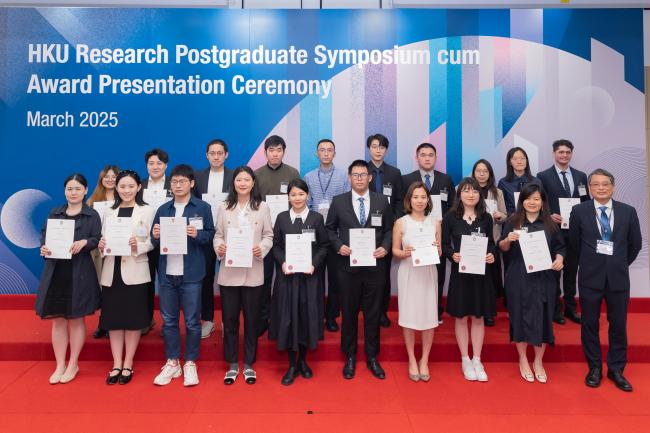
11/03/2025
Welcome to our new members!
Welcome to our new post-doc fellow Dr. Tianqi Di!
Tianqi received her Ph.D. degree from Peking university where She worked on sleep and fear extinction.
Welcome again!
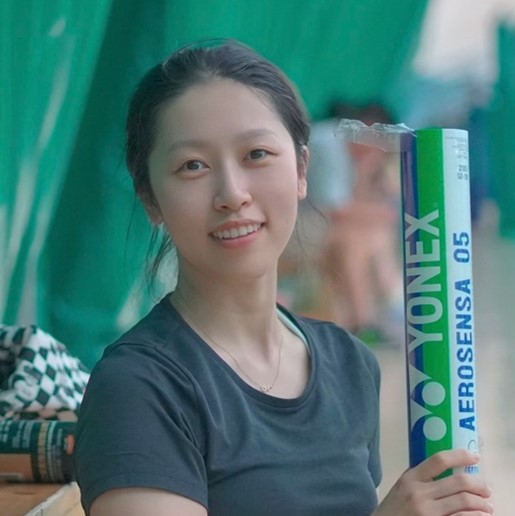
07/02/2025
Congratulations to Yuqi!
Yuqi recently won the Outstanding Oral Presentation Award from the Departmental RPG Symposium. Congratulations Yuqi!
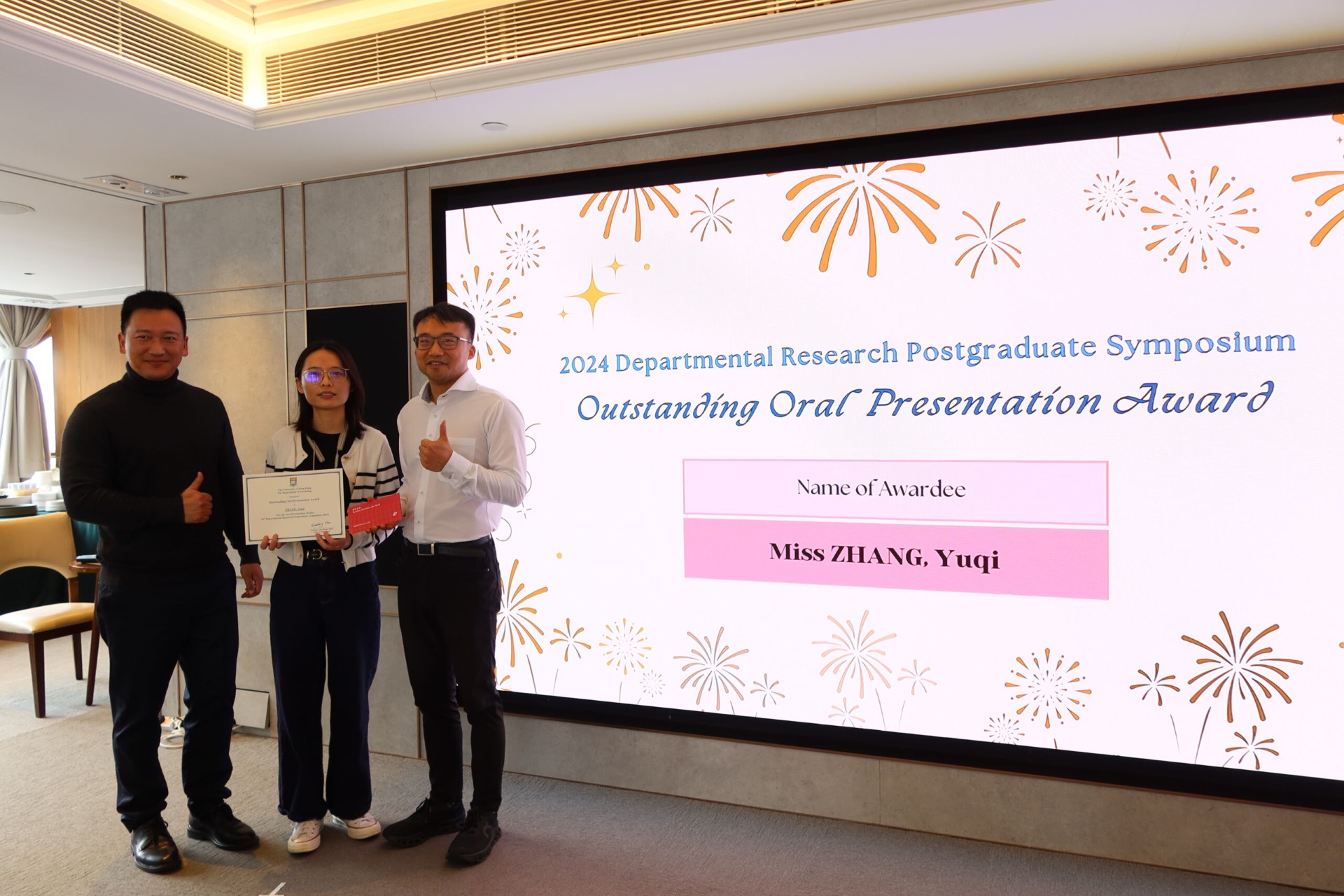
07/02/2025
Welcome to our new members!
Welcome to our new Ph.D. students Xibo and Jiahui, and our new RAs Xinyi and Sen!
Xibo has been our RA for two years and we are glad to have him back as a Ph.D. student.
Jiahui was a master student in psychology and she will work on Sleep and Emotional Memories.
Xinyi was a master student in psychology and she will assist in various projects in the lab.
Sen was a undergraduate student in statistics. Welcome again!
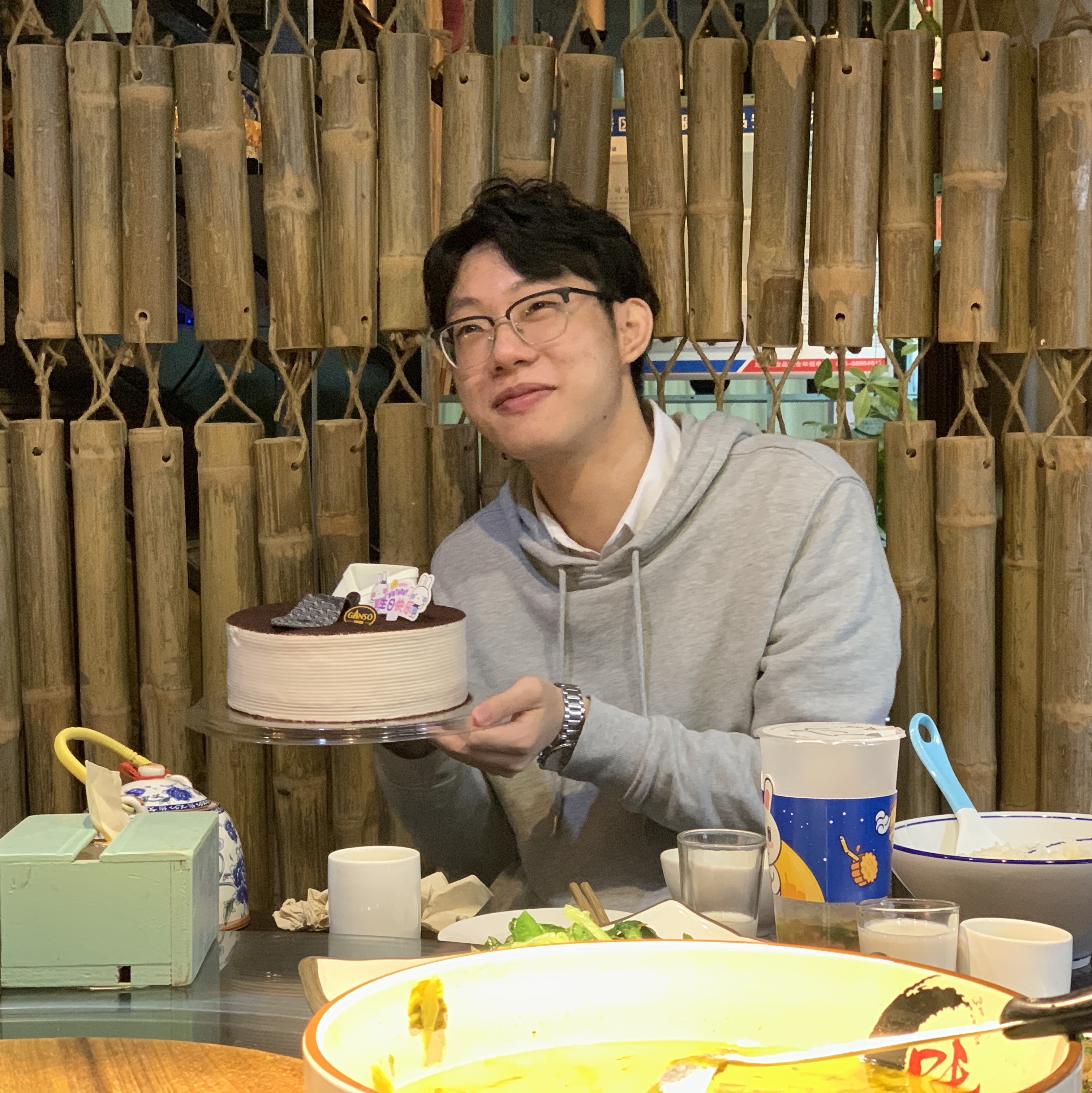
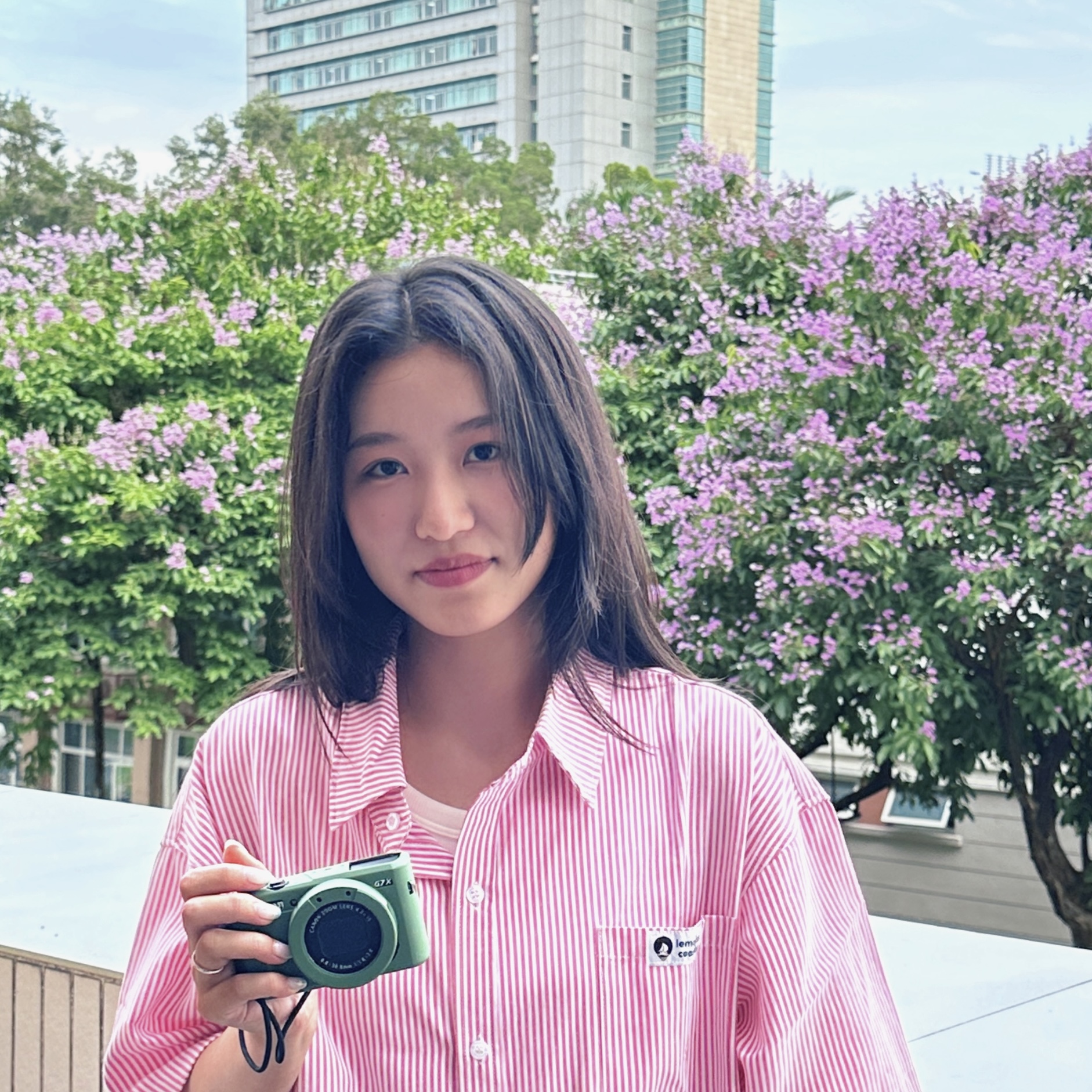
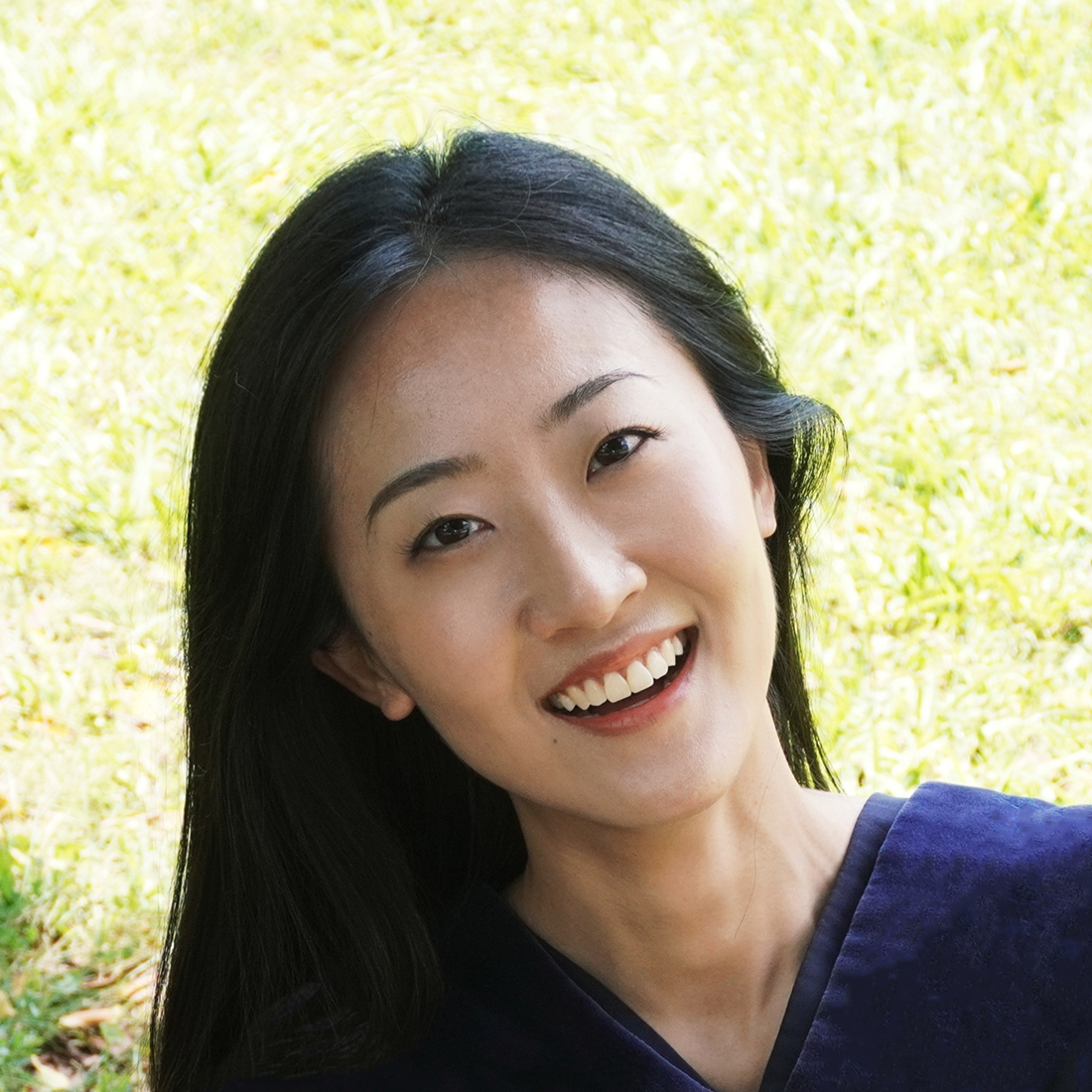
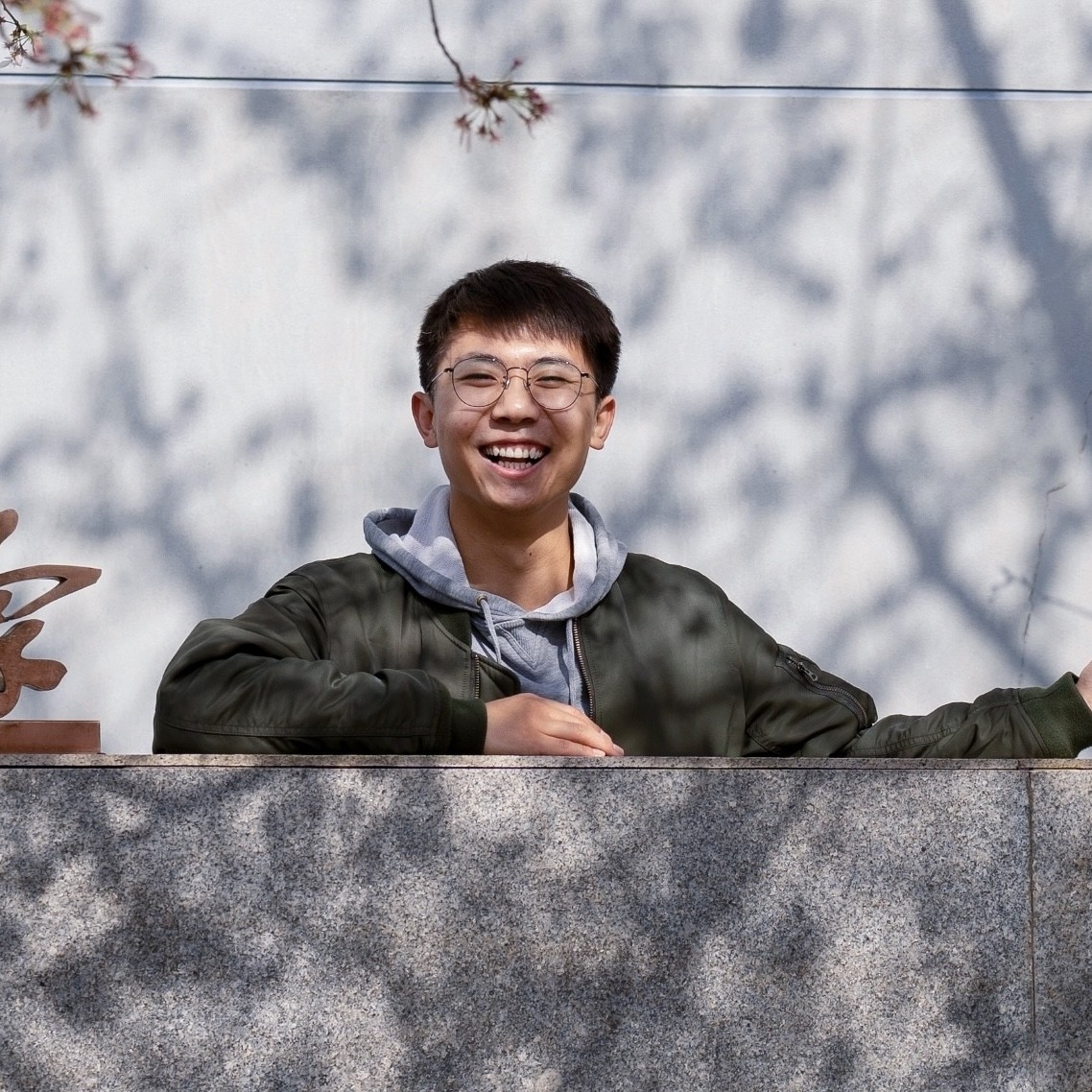
09/09/2024
Congratulations to Danni!
Danni completed her Ph.D. thesis defense on "Updating Evaluations Through Memory Editing Approaches During Wakefulness and Sleep."
Her research focused on how to update evaluations acquired from social and non-social learning through memory editing approaches during wakefulness and sleep,
and combined behavioral, EEG, mousetracking and computational modeling techniques. Her research advanced our understanding of the relationship between memory and decision-making, and provided insights into the memory-based interventions for maladaptive decision-making. Congratulations, Danni!
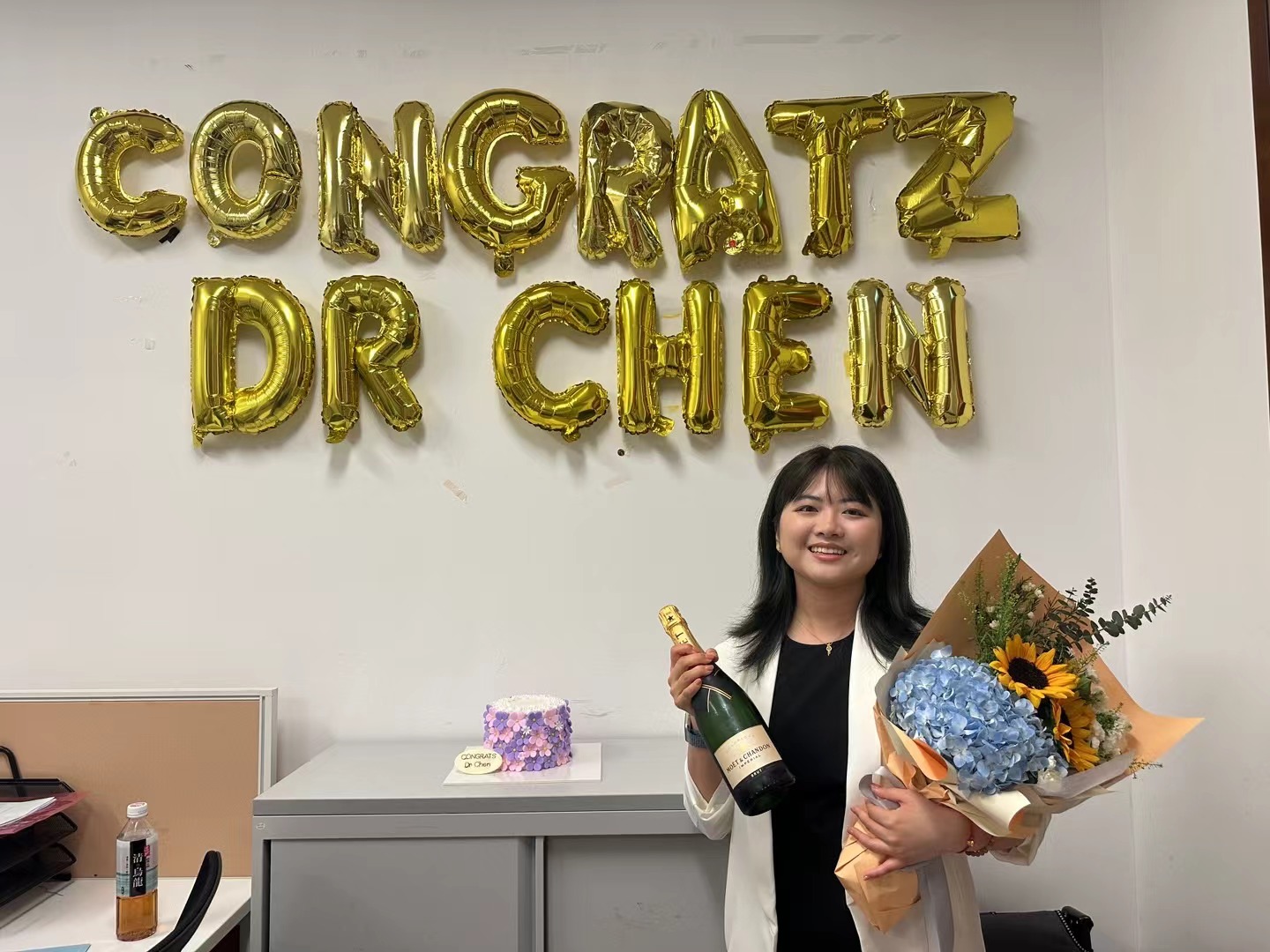

17/04/2024
Tao and Sean won awards!
Tao won the Department's Research Publication Award, recognizing his brilliant work on affect updating during sleep. Sean won a Graduate Student Award at the Cognitive Neuroscience Society, recognizing young talents' potential in the field. Congratulations Tao and Sean!
29/02/2024
Sean and Lingqi presented at the 23rd Annual Research Postgraduate Conference!
Sean presented his series of research on encoding and retrieval of true or false information, great job! Lingqi presented her research in comparing the endogenous and exdogenous memory reactivation during human sleep.
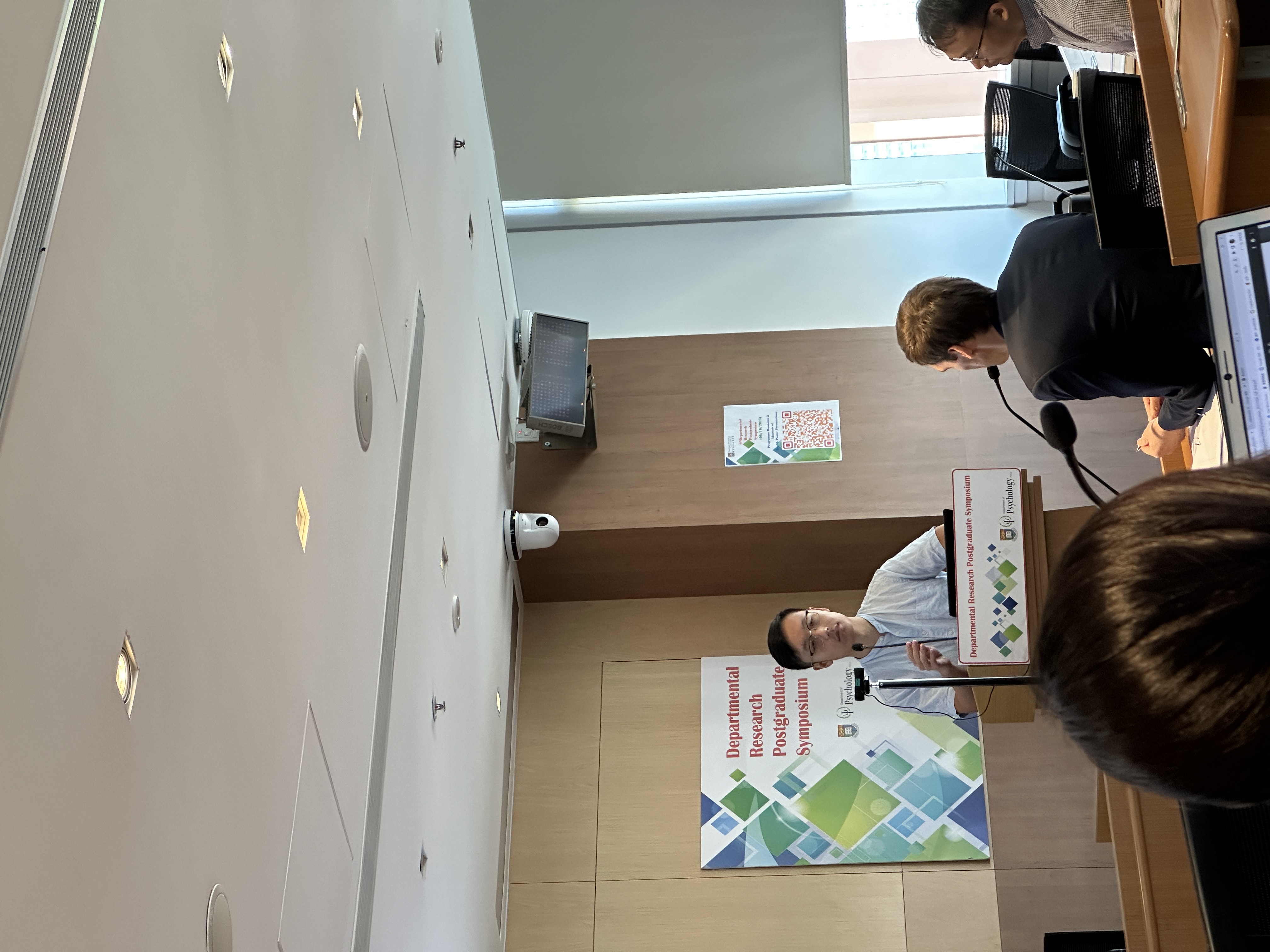
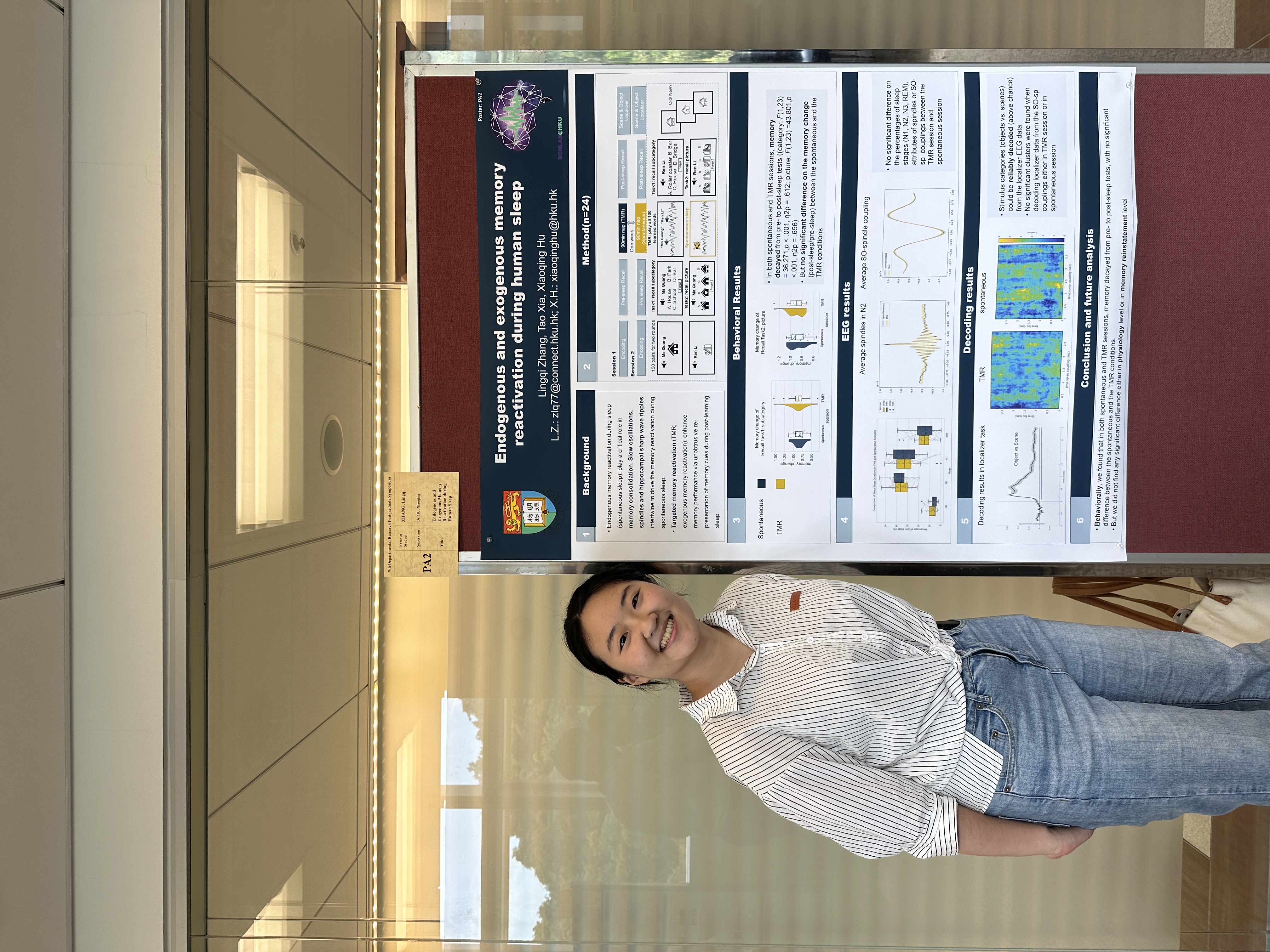
06/10/2023
Welcome to our new member, Evokee and Xingyi!
Welcome to our new Ph.D. student Evokee, and new RA Xingyi. Evokee has been one of our interns for two years and worked on episodic memory using movie materials. We are glad having her back in our lab! Xingyi was a master student in bioengineering.

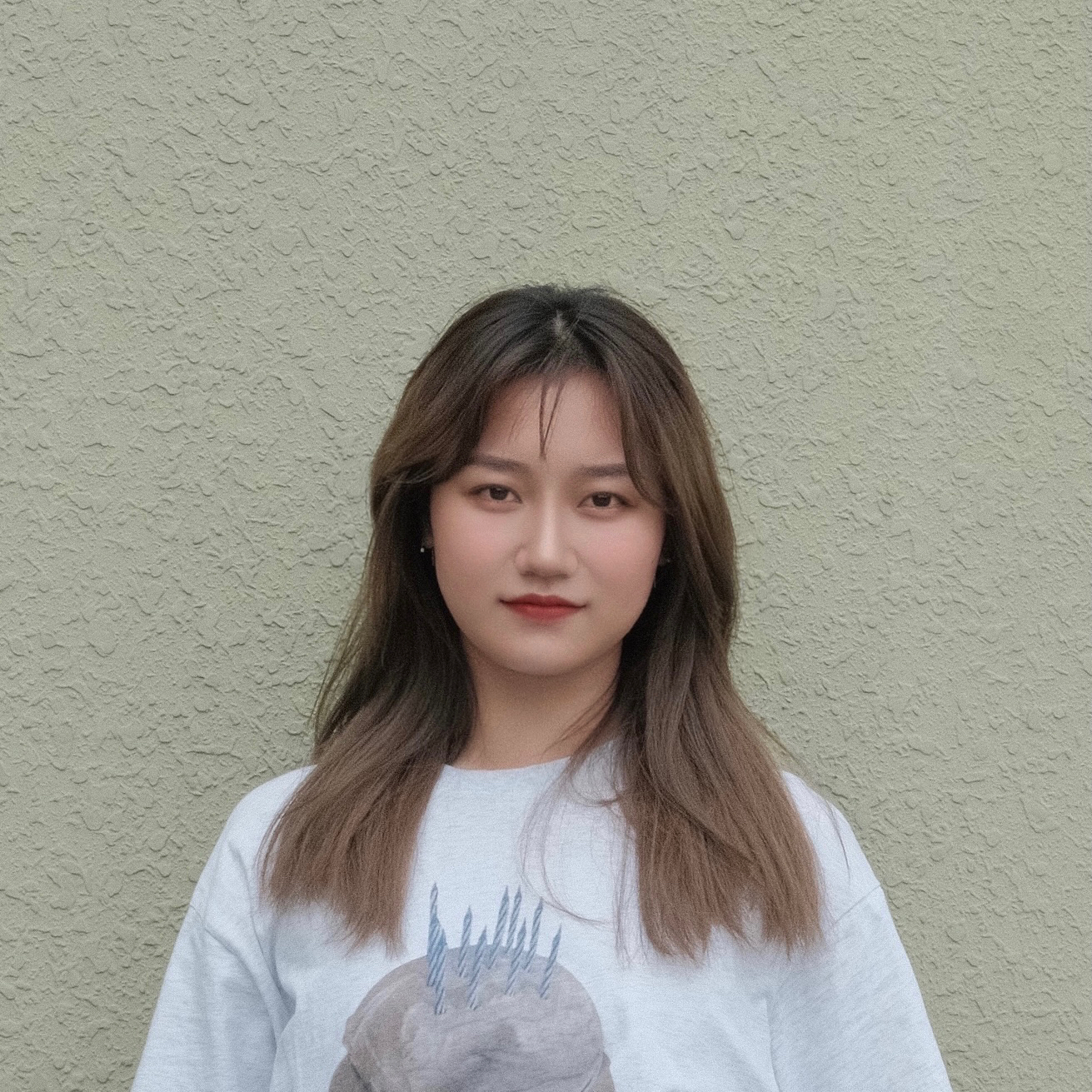
09/01/2023
Congratulations to Windy!
Windy has successfully passed her Ph.D. thesis defense! Great Job! Windy's Ph.D. thesis focused on the effect of sleep and disrupted sleep (sleep deprivation and insomnia) on emotional memory processing. Some of the studies have published on Sleep and Journal of Sleep Research. Congratulations again!


08/25/2023
Congratulations to Whit!
Hui (Whit) has successfully passed her Ph.D. thesis defense! Great work and congratulations! Whit's Ph.D. thesis focused on using memory control and emotion regulation approaches in dealing with negative emotional memories, especially negative social feedback. Her research could have some insights on how to help those who suffering from negative thoughts about social feedbacks.
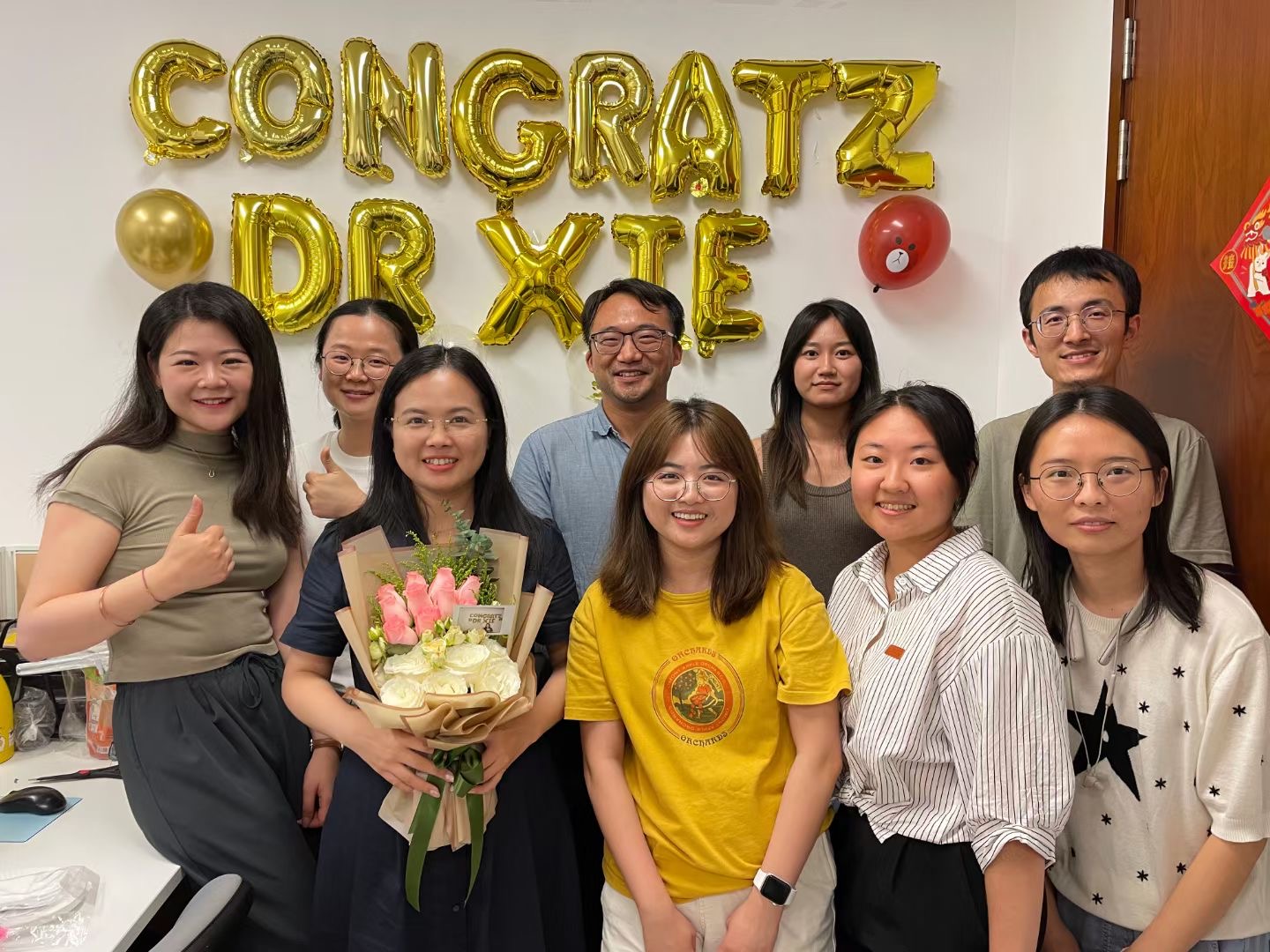
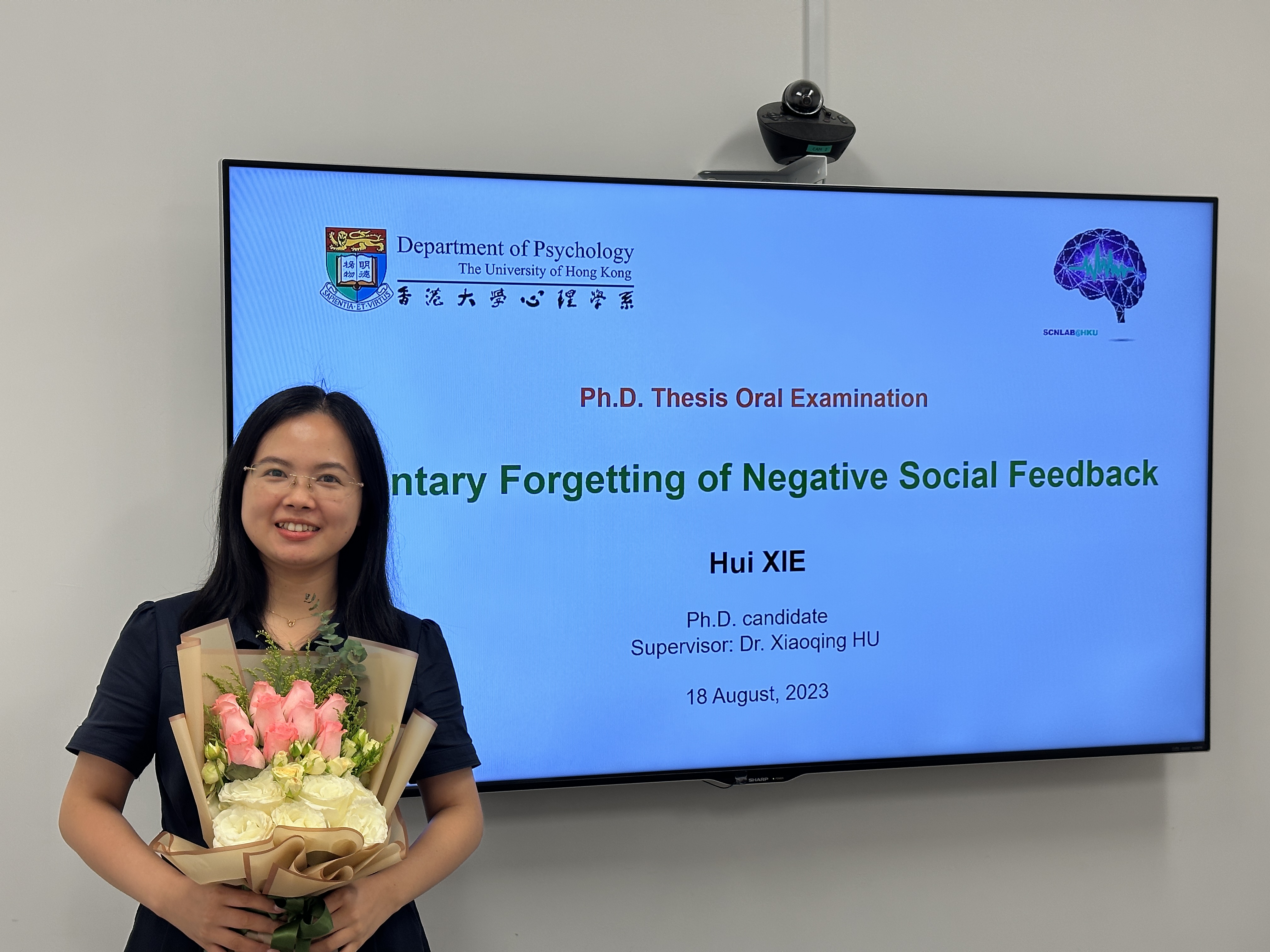
08/18/2023
Danni and Lingqi presented on 23rd Annual Research Postgraduate Conference!
Danni presented her research on social conformity and sleep. Lingqi presented her research on comparing endogenous and exdogenous memory reactivation during sleep.
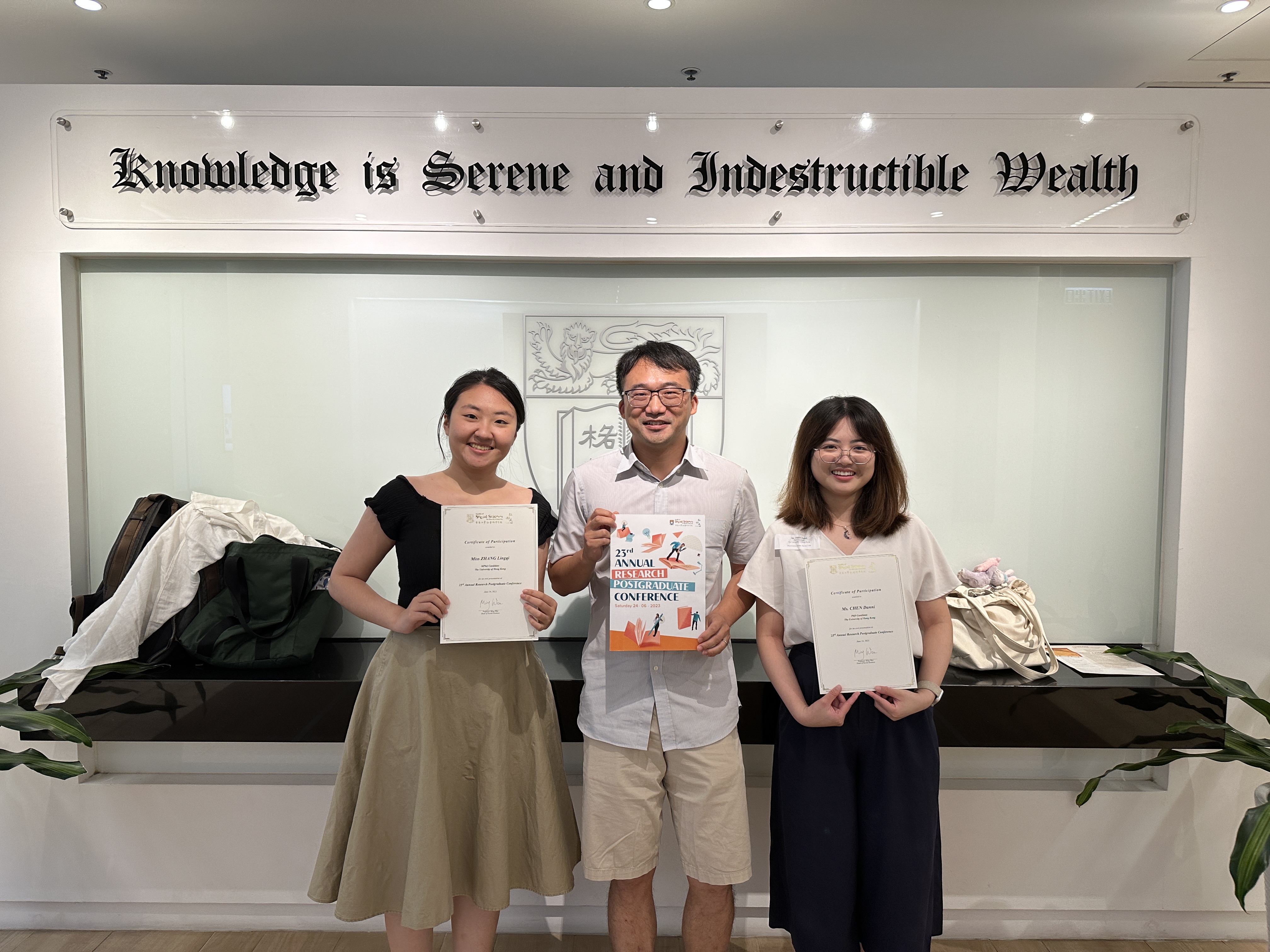
07/03/2022
HuLab in LEARNMEM2023!
HuLab members present their recent findings related to TMR and sleep, memory, temporal esitimation, emotion, self-evaluation and social conformity at LearnMem2023!
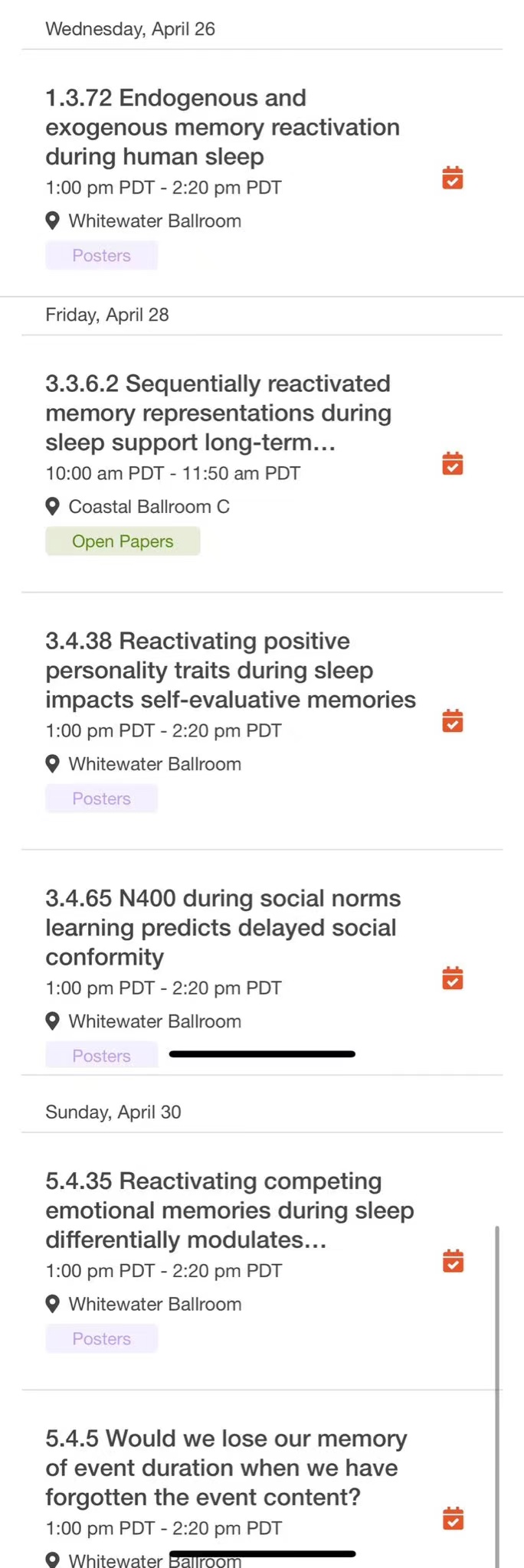
07/03/2022
Sean presented at HKU Presidential Scholars Symposium and won Best Poster Presenter Award!
Sean presented his research "Examining Electrophysiologicall Activity Behind Encoding and Recollecting Misinformation and its Corrections" at HKU Presidential Scholars Symposium and won Best Poster Presenter Award! Congraz and Great job!
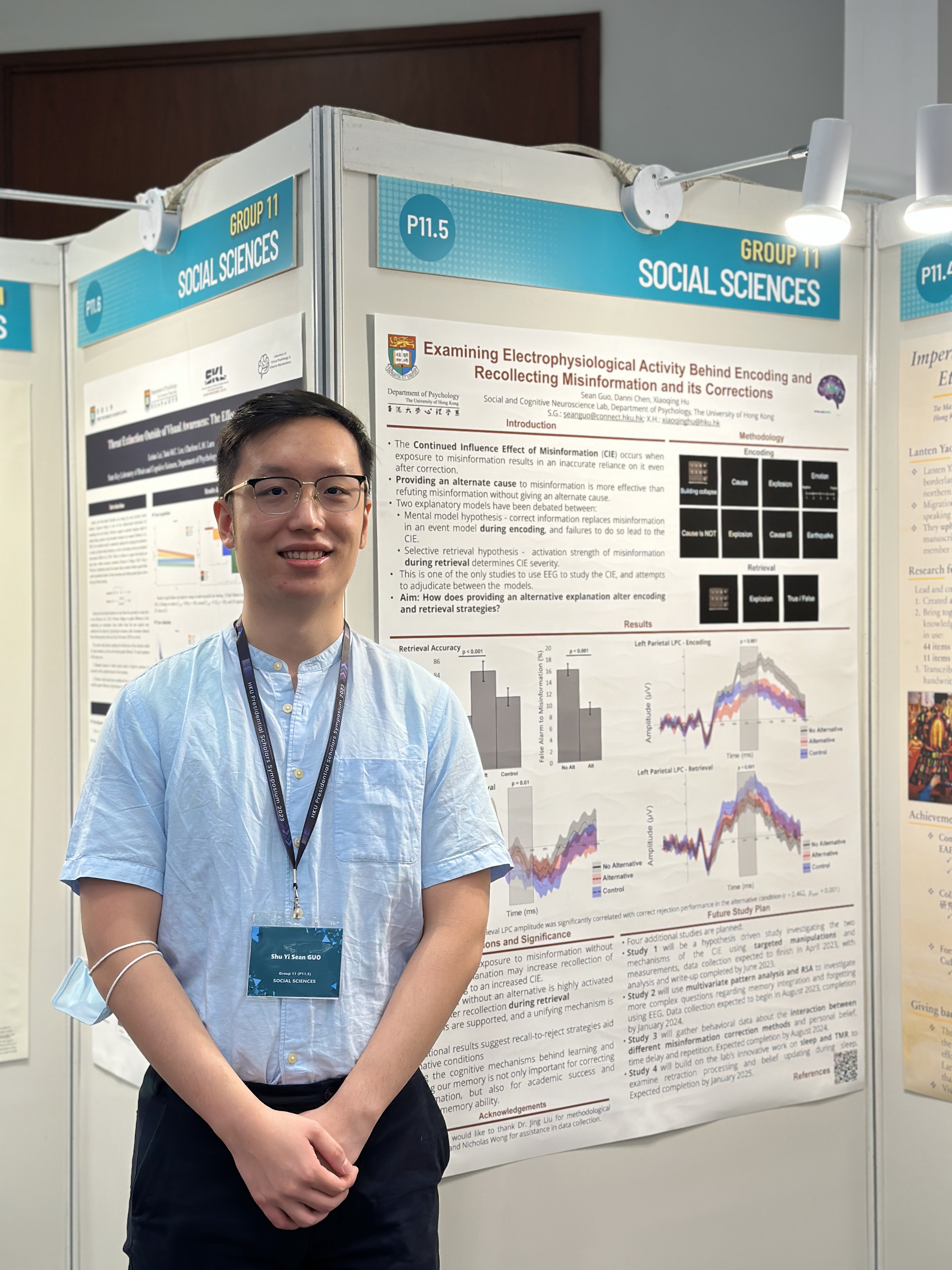
07/03/2023
Welcome to our new lab member: Yuqi!
Happy new year everyone! We are glad that we have a new PhD student in our lab starting from 2023. Welcome, Yuqi!
10/01/2023
Hulab Presented at Neuroscience 2022!
Dr. Jing Liu, Dr. Ziqing Yao, Dr. Tao Xia, Windy, Whit and Danni presented at the Neuroscience 2022. Our presentation is related to topics including sleep, memory, emotion regulation, and social learning.
12/01/2022
Congratulations to Tao!
Tao has successfully passed his Ph.D. thesis defense, great work, Tao! Tao's Ph.D. thesis focused on Editing Unwanted Memories during Human Sleep. He combined behavioral paradigm, sleep learning paradigm and Targeted Memory Reactivation (TMR) techniques to investigate the possibility of editing unwanted (i.e., negative emotional memories) memories during human sleep. Congrats, Dr. Xia!
11/04/2022
Lab Open day!
Our lab is open on the HKU information day for undergraduate admissions! Thanks to Winny, Sean and Grace who prepared a wonderful memory, sleep, and EEG tour for potential undergraduate students.
10/29/2022
New in Psychophysiology!
Tao's research work titled "Targeted memory reactivation during sleep influences social bias as a function of slow-oscillation phase and delta power" got accepted at Psychophysiology, Good work, Tao!
10/27/2022
Sean Presented at SPR 2022!
Sean Presented his research titled "The Role of Familarity and Memory Recollection in Decreasing the Continued Influence Effect of Misinformation: an Electrophysiological Investigation" at the SPR 2022. Good work, Sean!
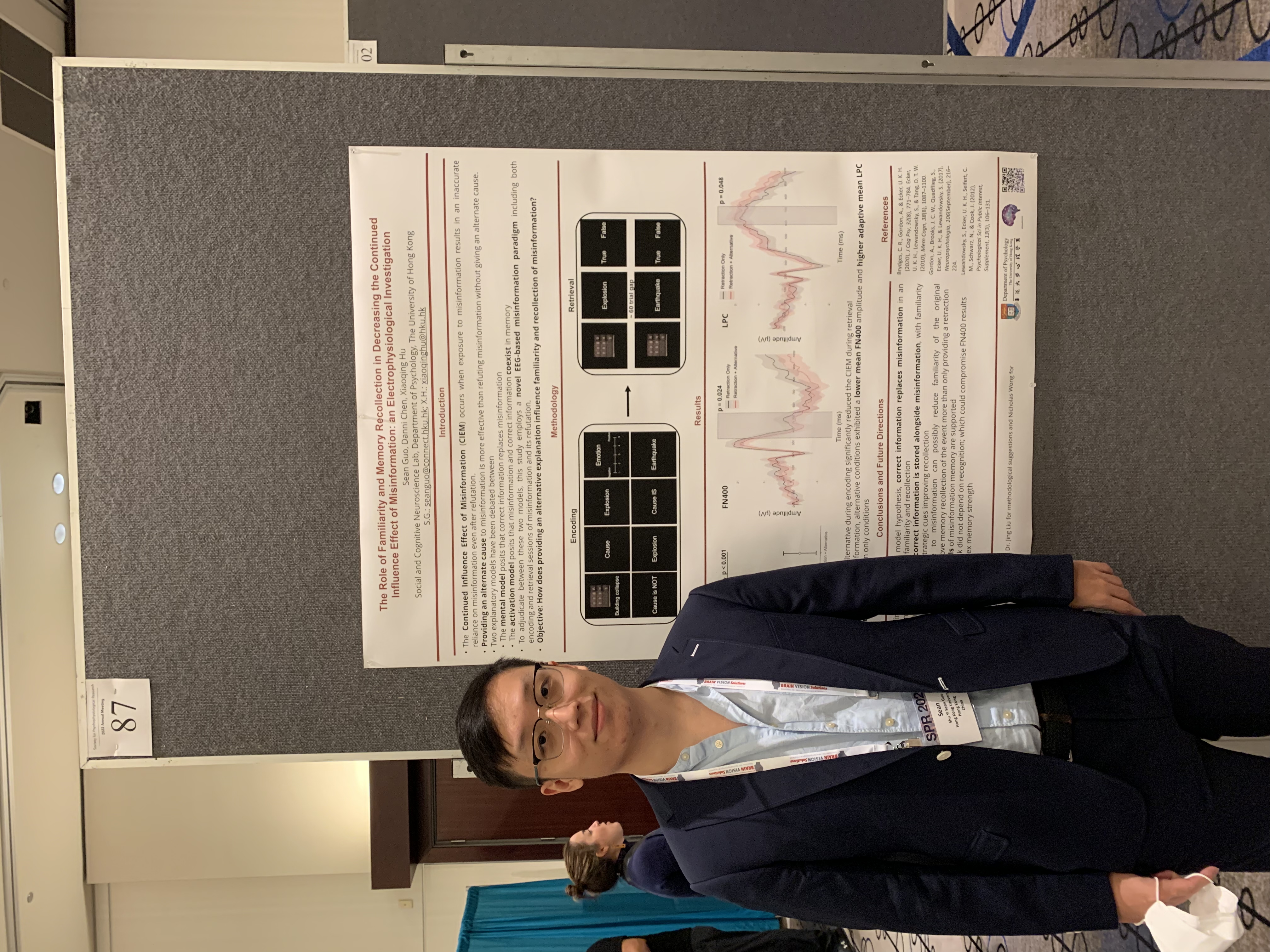
10/03/2022
Winny Presented at 8th Departmental Research Postgraduate Symposium!
Winny Presented her research titled "Would We Lose Our Memory of Event Duration When We Have Forgotten the Event Content?" at the 8th Departmental Research Symposium! This is the first offline presentation after the outbreak of COVID-19. Good work, Winny!
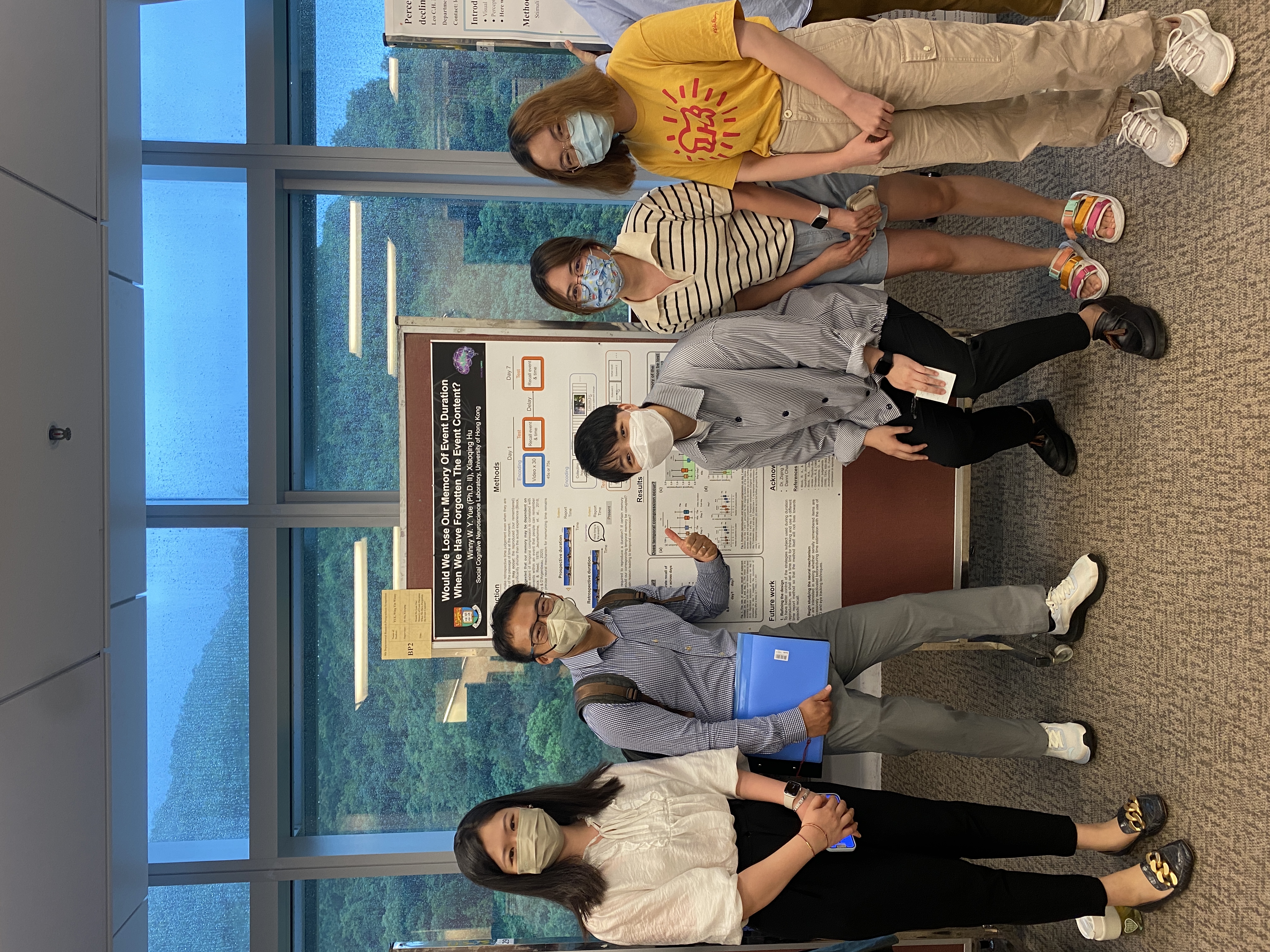
9/30/2022
Congratulations to Xuanyi and Yiwen!
Xuanyi has successfully passed her Ph.D. thesis defense and Yiwen has successfully passed her MPhil thesis defense. Congraz to both of you!
8/28/2022
Congratulations to Dr.Hu!
Dr. Xiaoqing has been promoted to Associate Professor, Congratulations, Dr. Hu!
6/28/2022
Congratulations to Ziqing!
Ziqing has successfully passed her Ph.D. thesis defense, great work, Ziqing! Ziqing is the first graduated Ph.D. student in our lab. Her Ph.D. thesis is related to the Neural Cognitive Mechanisms and Modulation of the Self-Positivity Bias. She combined neural modulation techniques, behavioral paradigm and memory reactivation during sleep to modulate the self-positivity bias. Congrats, Dr. Yao!
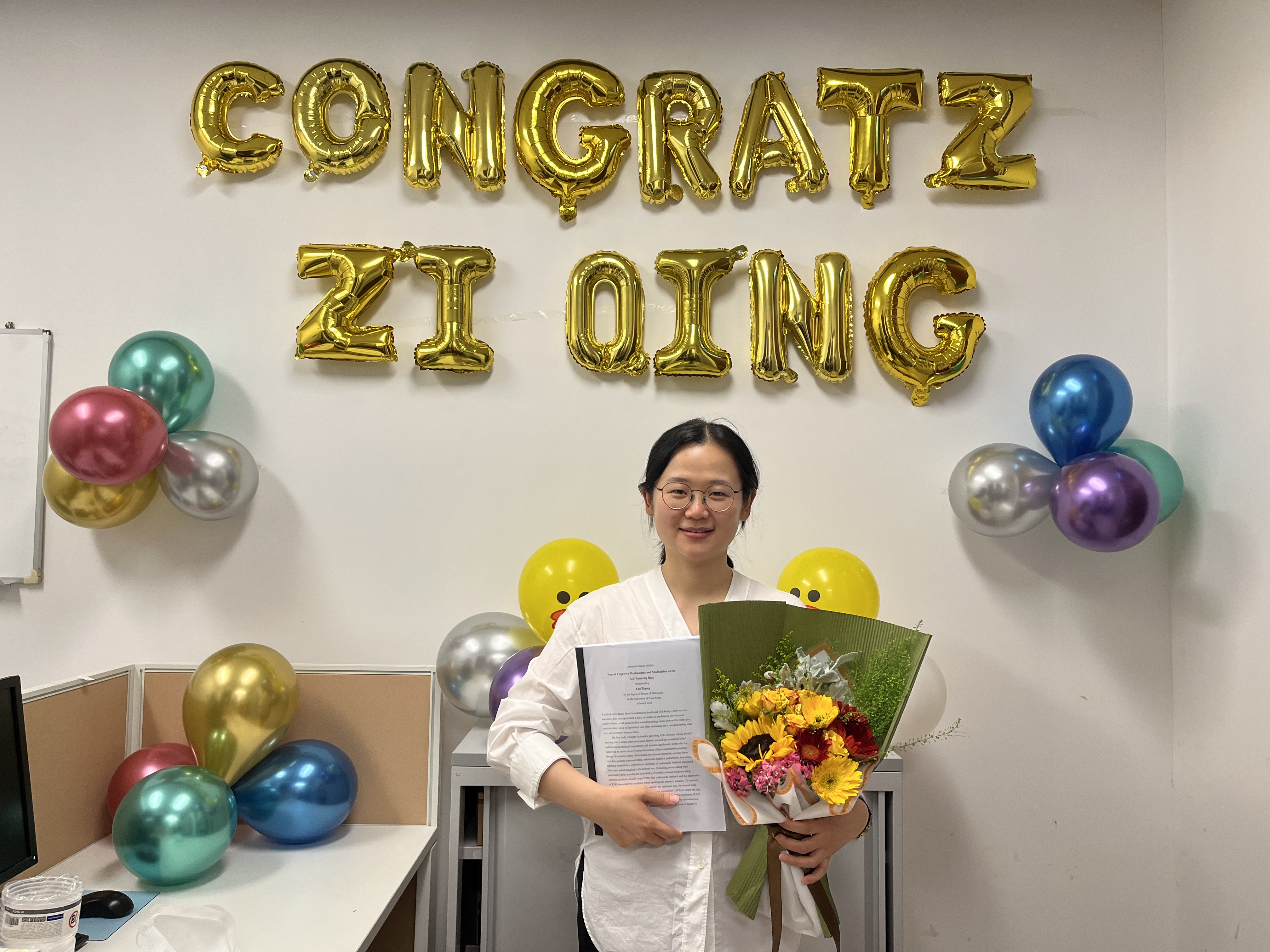
6/5/2022
New in Journal of Affective Disorder!
Our new paper titled Aberrant social feedback processing and its impact on memory, social evaluation, and decision-making among individuals with depressive symptoms got accepted by Journal of Affective Disorders! Congratulations, Hui!
2/6/2022
New in SPPS!
Our new paper titled Sleep supports evaluative learning via consolidation of stimuli co-occurrences and causal relation. got accepted by Social and Personality Psychological Science ! Congratulations, Rui and Tao!
12/14/2021
New in Emotion!
Our new paper titled Prosocial behavior promotes positive emotion during the COVID-19 pandemic got accepted by Emotion ! Mohith Varma and Danni Chen contributed equally to this work.
12/14/2021
New in Behaviour Research and Therapy!
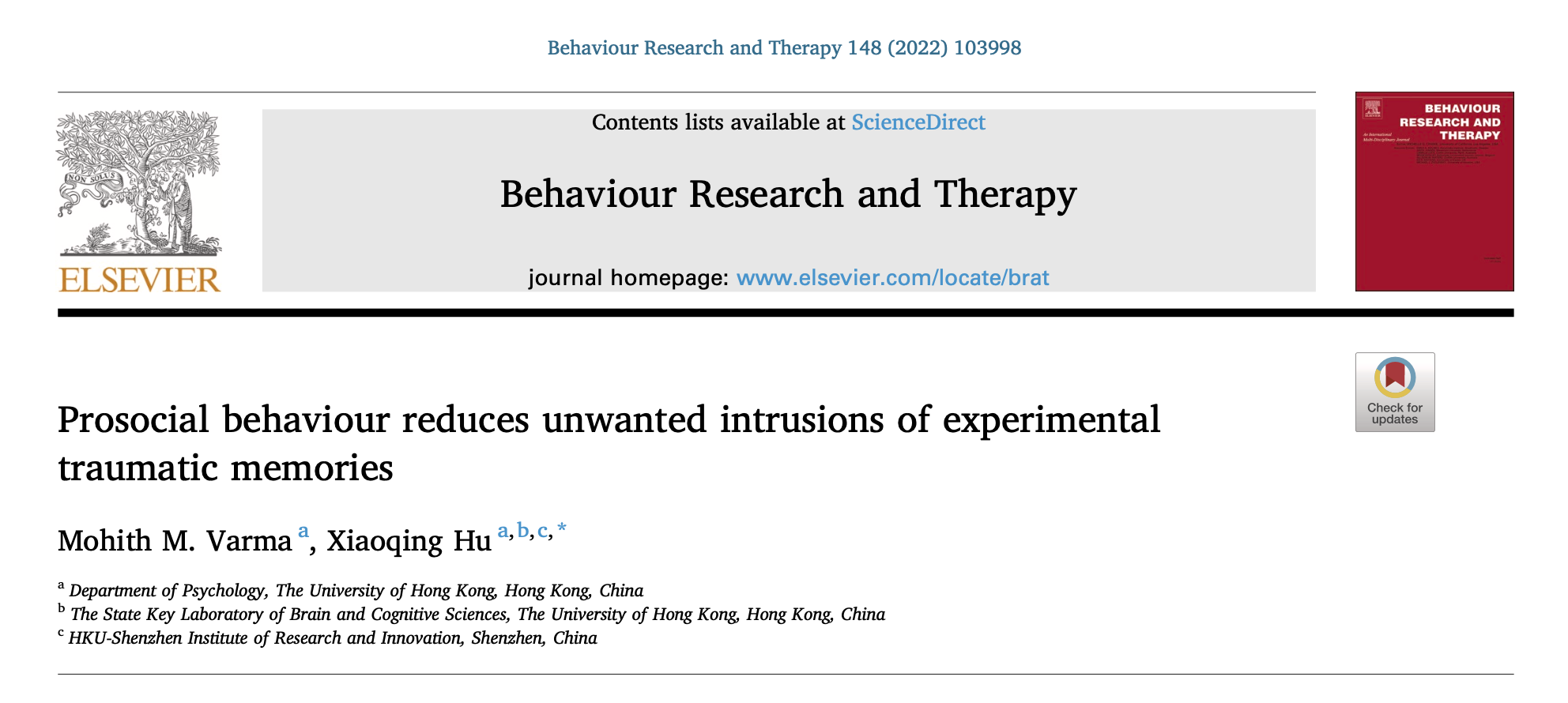
Our new paper titled Prosocial behaviour reduces unwanted intrusions of experimental traumatic memories got accepted by Behaviour Research and Therapy !
Abstract:Following trauma exposure, people often experience involuntary intrusions of traumatic memories, i.e., flash- backs. How to reduce such unwanted intrusions attracts attention from basic and translational memory research, with a goal to safeguard mental well-being and promote resilience. Here, based on prosocial behaviour’s well- documented psychological benefits, we hypothesized that post-trauma prosocial behaviour would causally reduce trauma-related symptoms, including involuntary intrusions. To test this novel hypothesis, we conducted two pre-registered lab studies (N = 180) using trauma films to induce lab-analogue trauma exposure. Following trauma exposure, participants were randomly assigned to prosocial or non-prosocial conditions. Specifically, in the prosocial condition, participants donated money to their preferred charities. In the non-prosocial conditions, participants completed either a neutral, number judgement task (Experiment 1) or a proself task (Experiment 2). Participants completed a 1-week intrusion diary and Impact of Event Scale-Revised (IES-R), to assess frequencies of traumatic intrusions and post-trauma stress disorder symptoms, respectively. Results showed that compared to non-prosocial behaviour, prosocial engagement (i.e. performing charitable donations) reduced involuntary traumatic intrusions in both lab settings and in their daily life as evidenced by 1-week intrusion diaries. While exploratory mediation analyses suggested that intrusion reduction was partly driven by enhanced positive affect afforded by prosocial behaviour, future studies are required to illuminate the underlying mechanisms. To the extent that post-trauma prosociality alleviated trauma-related symptoms, future research is warranted to investigate how various forms of prosocial behaviour in naturalistic setting could promote resilience following trauma exposure.
12/14/2021
Welcome to our new member, Dr. Jing Liu!
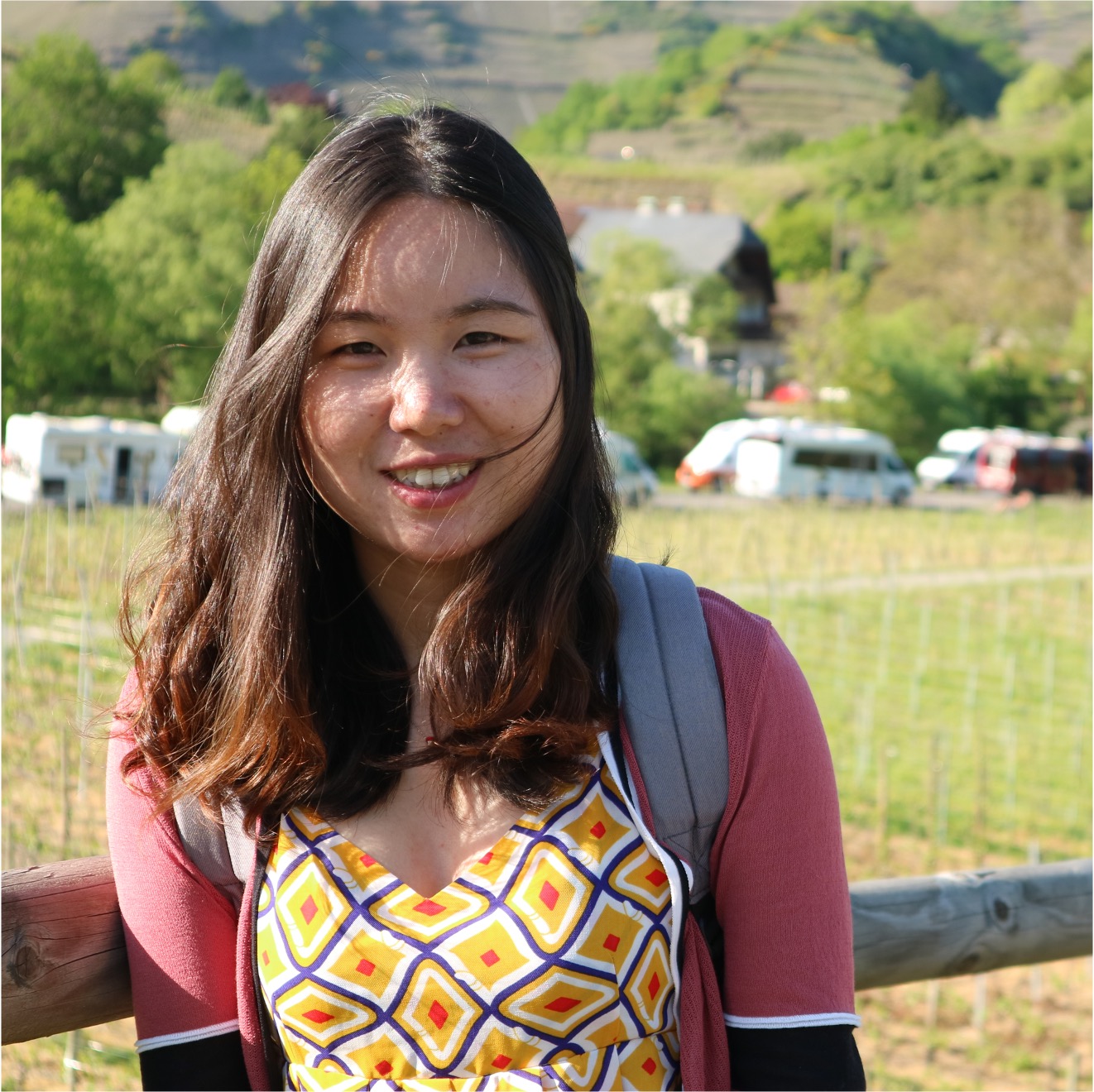
Welcome to our new Post-doc, Dr. Jing Liu. Dr. Jing Liu got her Ph.D. from Beijing Normal University. Her research focuses on Memory, Sleep and Neural Oscillation.
11/20/2021
Congratulations to Mohith Varma!
Mohith has successfully defended his MPhil thesis, great work Mohith! His master's research used TNT paradigm to study the impact of memory suppression over the emotional processing of suppressed memories. Congratulations again!
11/20/2021
New in Sleep!
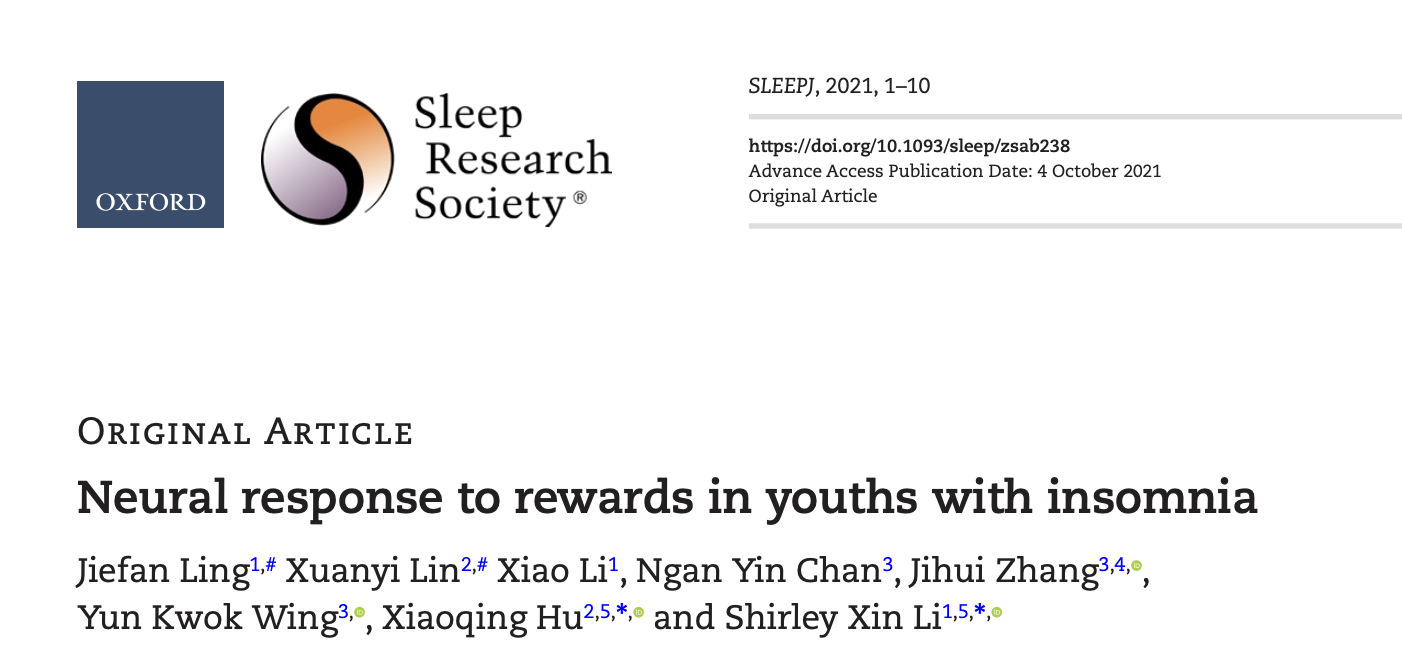
Our new paper titled Neural response to rewards in youths with insomnia got accepted by Sleep ! This work was cooperated with the Sleep Research Clinic and Laboratory supervised by Dr. Shirley Xin Li. Jiefan Ling (Sleep Research Clinic and Laboratory) and Xuanyi Lin (Social and Cognitive Neuroscience Lab) contributed equally to this work.
11/20/2021
Welcome to our new members!
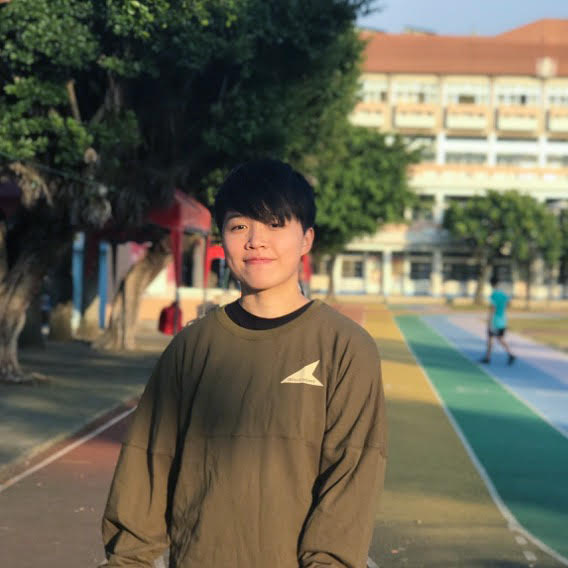
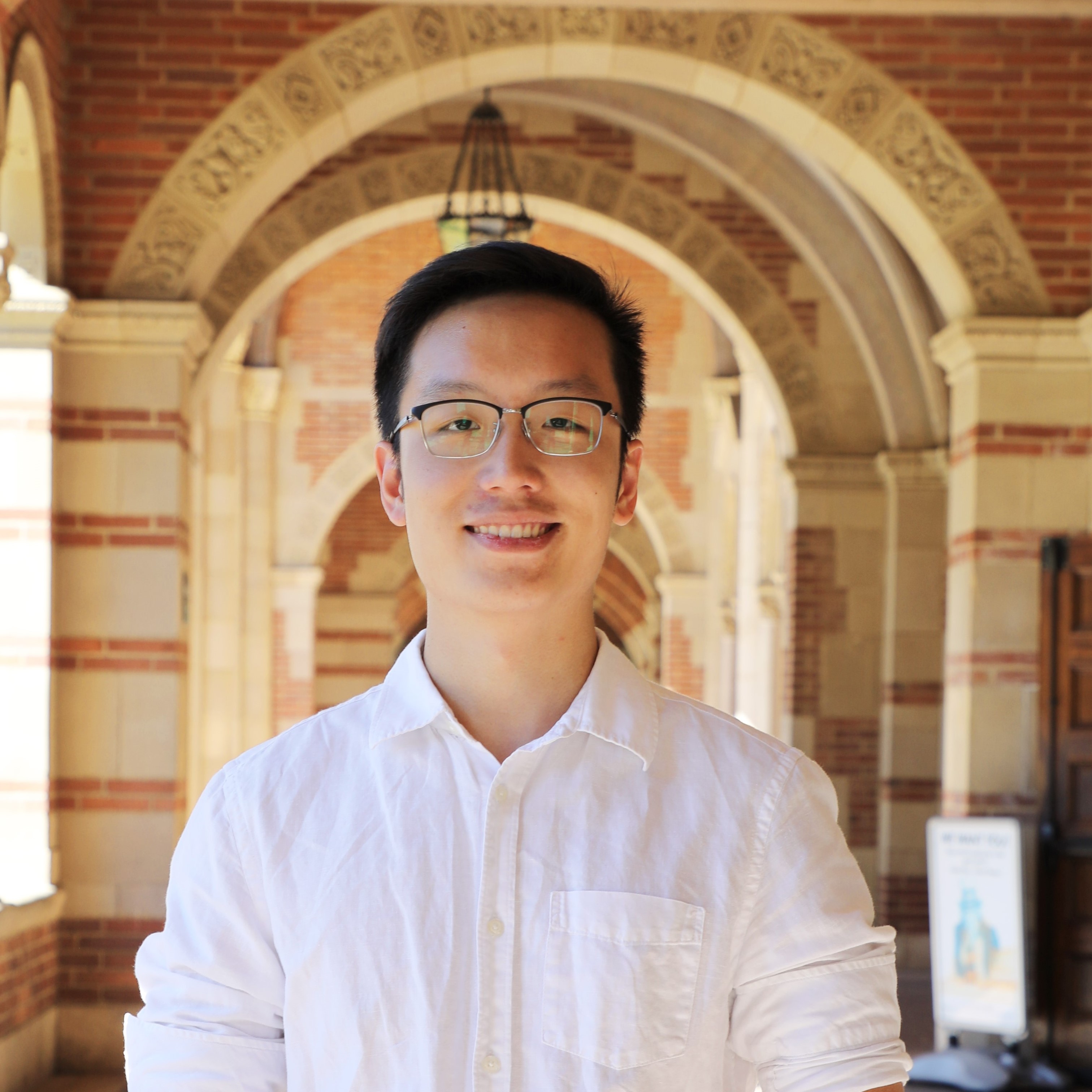
Welcome to our new Ph.D. students, Winny Yue and Sean Guo! Winny has been with us for almost a year, and we are so pleased that she will continue her academic journey with us. Sean is a new member here and we are glad to have him.
07/31/2021
New in Sleep!
Our new paper titled Sleep’s short-term memory preservation and long-term affect depotentiation effect in emotional memory consolidation: Behavioral and EEG evidence got accepted by Sleep ! Shengzi Zeng and Xuanyi Lin contributed equally to this work.
Abstract:Sleep plays a pivotal role in the off-line processing of emotional memory. However, much remains unknown for its immediate vs. long-term influences. We employed behavioral and electrophysiological measures to investigate the short- and long-term impacts of sleep vs. sleep deprivation on emotional memory. Fifty-nine participants incidentally learned 60 negative and 60 neutral pictures in the evening and were randomly assigned to either sleep or sleep deprivation conditions. We measured memory recognition and subjective affective ratings in 12- and 60-h post-encoding tests, with EEGs in the delayed test. In a 12-h post-encoding test, compared to sleep deprivation, sleep equally preserved both negative and neutral memory, and their affective tones. In the 60-h post-encoding test, negative and neutral memories declined significantly in the sleep group, with attenuated emotional responses to negative memories over time. Furthermore, two groups showed spatial-temporally distinguishable ERPs at the delayed test: while both groups showed the old-new frontal negativity (300–500 ms, FN400), sleep-deprived participants additionally showed an old-new parietal, Late Positive Component effect (600–1000 ms, LPC). Multivariate whole-brain ERPs analyses further suggested that sleep prioritized neural representation of emotion over memory processing, while they were less distinguishable in the sleep deprivation group. These data suggested that sleep’s impact on emotional memory and affective responses is time-dependent: sleep preserved memories and affective tones in the short term, while ameliorating affective tones in the long term. Univariate and multivariate EEG analyses revealed different neurocognitive processing of remote, emotional memories between sleep and sleep deprivation groups.
07/31/2021
Congratulations to Cindy Rui Jin!
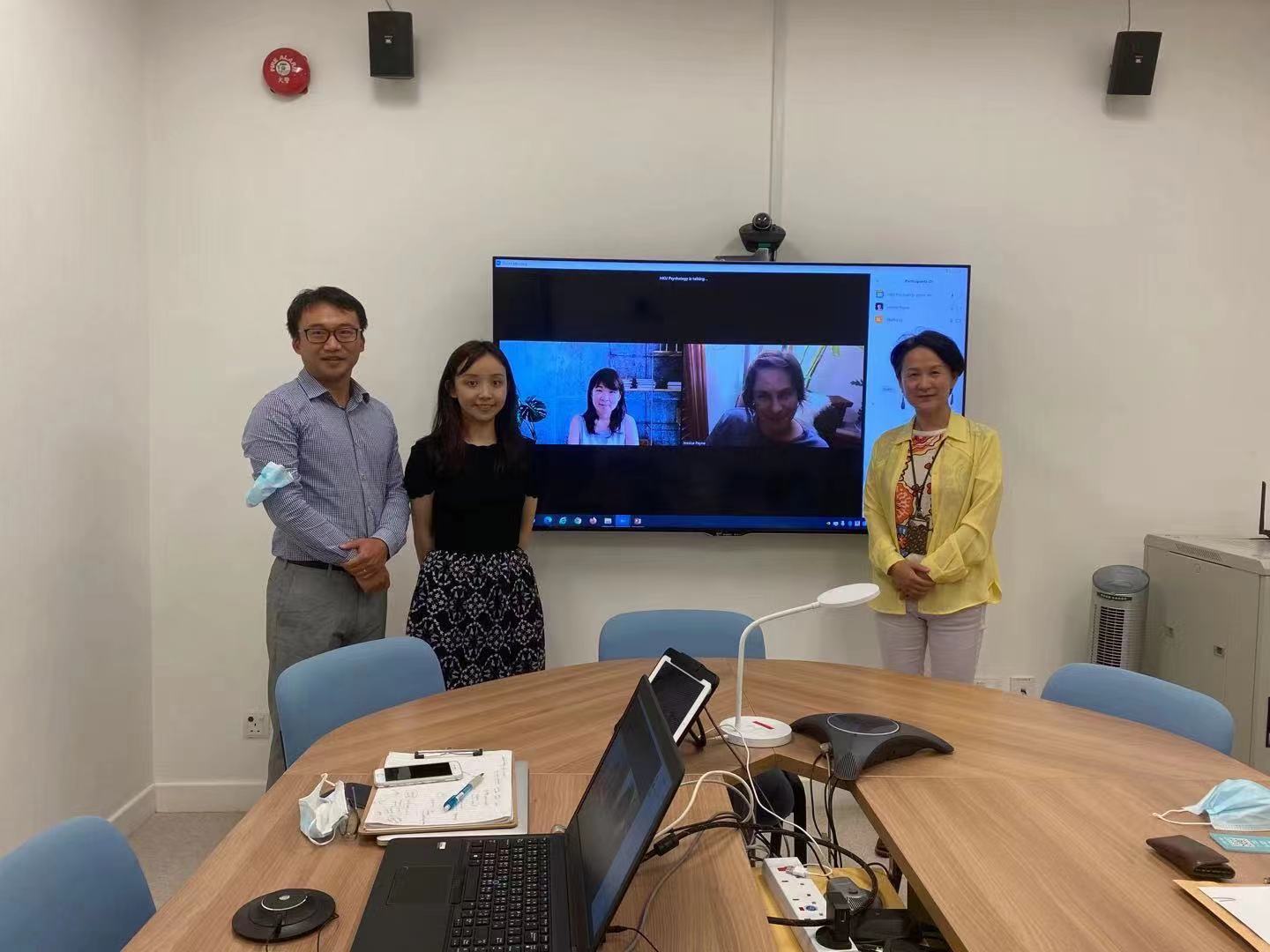
Cindy has successfully defended her MPhil thesis, great work Cindy! Her master's research investigated the relationship between sleep and attitude change, and focused on two aspects - evaluative conditioning and implicit gender bias. Congratulations again!
05/26/2021
New in Journal of Sleep Research!
Our new paper titled Altered brain activity related to inhibitory processing in youth with insomnia got accepted by Journal of Sleep Research ! This work was cooperated with the Sleep Research Clinic and Laboratory supervised by Dr. Shirley Xin Li. Jiefan Ling (Sleep Research Clinic and Laboratory) and Xuanyi Lin (Social and Cognitive Neuroscience Lab) contributed equally to this work.
05/22/2021
Congratulations to Cindy and Tammy!
Congratulations on Cindy's RA position offer from HKUST, and Tammy's master offer from Radboud University!
04/23/2021
New in Psychophysiology!
Our new paper authored by Hui Xie, titled Forgetting positive social feedback is difficult: ERP evidence from a directed forgetting paradigm is accpected by Psychophysiology!
Abstract: Voluntary forgetting of unwanted memories is an adaptive cognitive function. However, it remains unknown how voluntary forgetting of unwanted social feedback may influence subsequent memories and evaluations, and what the underlying neurocognitive processes are. Here, we presented participants with peer photos together with feedback indicating social acceptance or rejection, followed by “remember” or “forget” instructive cues, while electroencephalograms were recorded during the experiment. We examined the Directed Forgetting (DF) effect in a recognition memory test, and tested participants' explicit and implicit attitudes toward the peers using a social evaluation task and an affect misattribution procedure (AMP). Both the memory test and the AMP were examined immediately and 3 days after the DF task so to estimate both the instant and the long‐term effects of memory control. Behaviorally, immediate memory test showed smaller DF effect for positive than negative social feedback, which suggests that forgetting positive social feedback was more difficult than forgetting negative social feedback. Regarding the ERP results, although participants showed comparable frontal N2 amplitudes (reflecting inhibitory control efforts) following the instruction of forgetting positive and negative social feedback, positive feedback elicited larger late positive potential (LPP) amplitudes than negative feedback during initial encoding phase, suggesting an encoding bias for positive self‐relevant information. Intriguingly, voluntary efforts to forget negative social feedback enhanced people's explicit and implicit evaluations toward the feedback senders. These findings provide new evidence for the adaptive function of memory control, which broadens the influence of voluntary forgetting in the context of social interaction and social evaluation.
04/23/2021
Danni and Mohith awarded International Registration Award for the 2021 Virtual SPSP Convention!
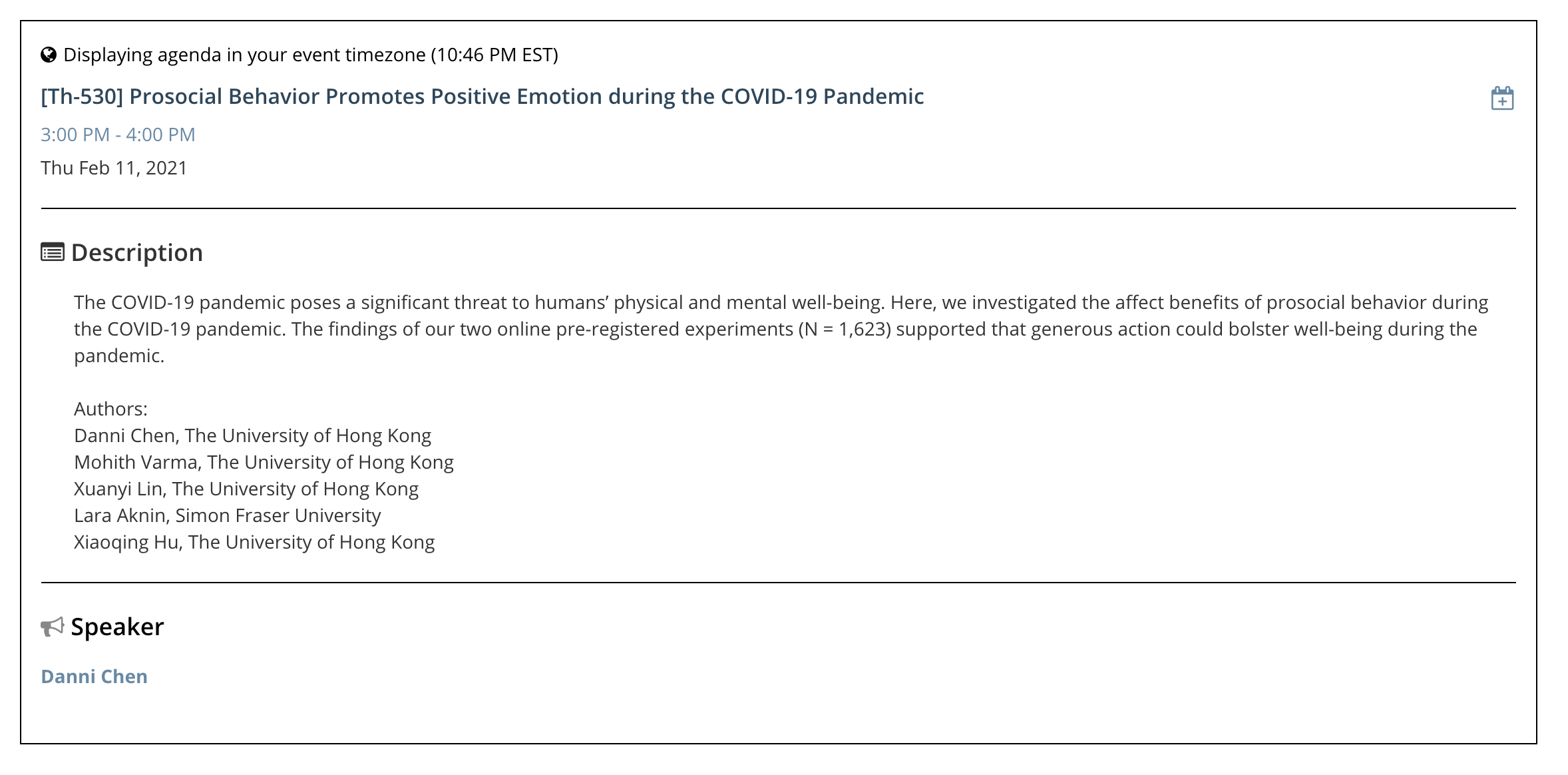
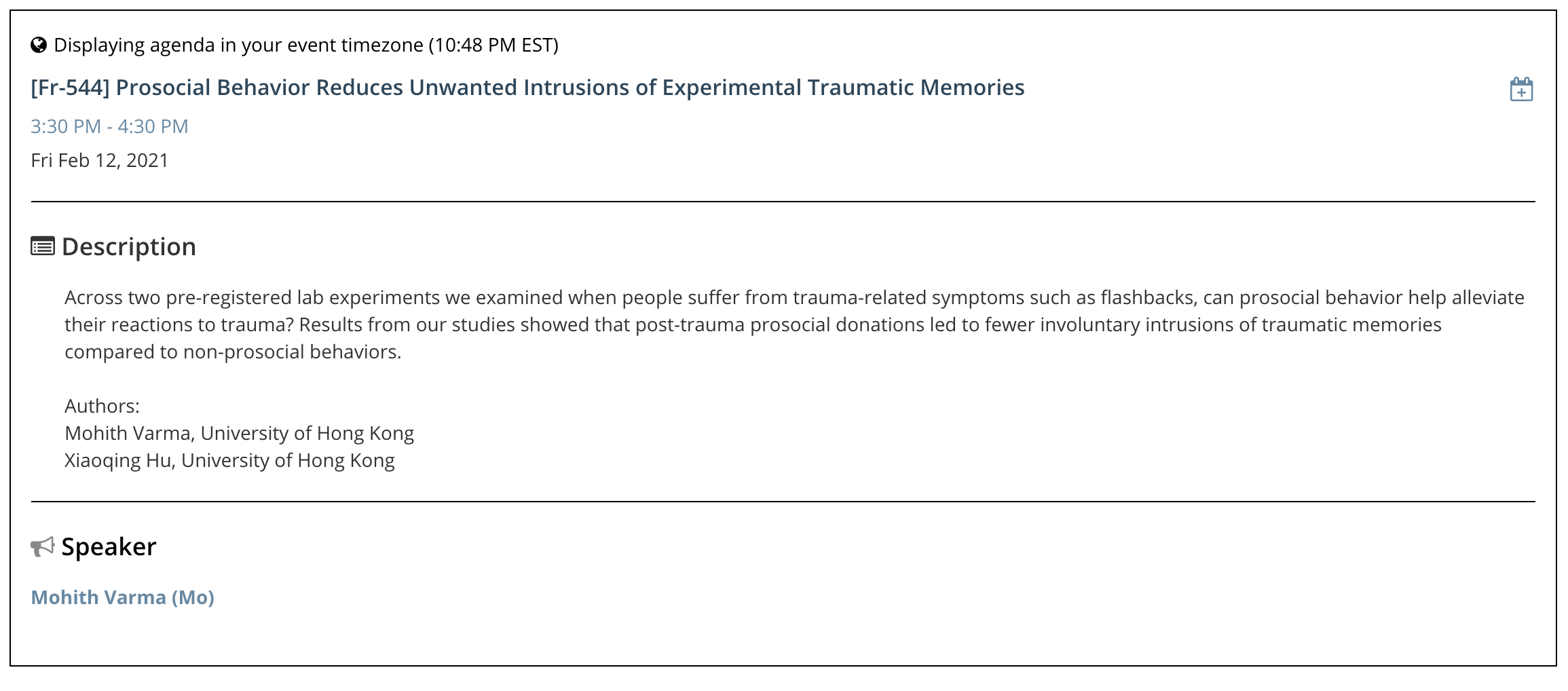
Danni and Mohith have been chosen as an International Registration Award recipient for the 2021 SPSP Virtual Convention. Registration awards will cover the full extent of your convention registration costs. Congratulations Danni and Mohith!
01/25/2021
New in SCAN!

Our new paper authored by Ziqing Yao, Xuanyi Lin and Dr. Xiaoqing Hu, titled Optimistic amnesia: How online and offline processing shape belief updating and memory biases in immediate and long-term optimism biases just got accepted by Social cognitive and affective neuroscience!
Abstract: When people are confronted with feedback that counters their prior beliefs, they preferentially rely on desirable rather than undesirable feedback in belief updating, i.e., an optimism bias. In two pre-registered EEG studies employing an adverse life event probability estimation task, we investigated the neurocognitive processes that support the formation and the change of optimism biases in immediate and 24-hour delayed tests. We found that optimistic belief updating biases not only emerged immediately, but also became significantly larger after 24 hours, suggesting an active role of valence-dependent offline consolidation processes in the change of optimism biases. Participants also showed optimistic memory biases: they were less accurate in remembering undesirable than desirable feedback probabilities, with inferior memories of undesirable feedback associated with lower belief updating in the delayed test. Examining event related brain potentials (ERPs) revealed that desirability of feedback biased initial encoding: desirable feedback elicited larger P300s than undesirable feedback, with larger P300 amplitudes predicting both higher belief updating and memory accuracies. These results suggest that desirability of feedback could bias both online and offline memory-related processes such as encoding and consolidation, with both processes contributing to the formation and change of optimism biases.
01/25/2021
Welcome to our new members!
Welcome to our new Post-doc fellow Dr. Haiyang Geng!
01/25/2021
Welcome to our new members!
Welcome to our new Ph.D. students, Yiwen! Josephine will continue her journey with us as research assistant~
06/09/2020
Renovated sleep lab is ready!
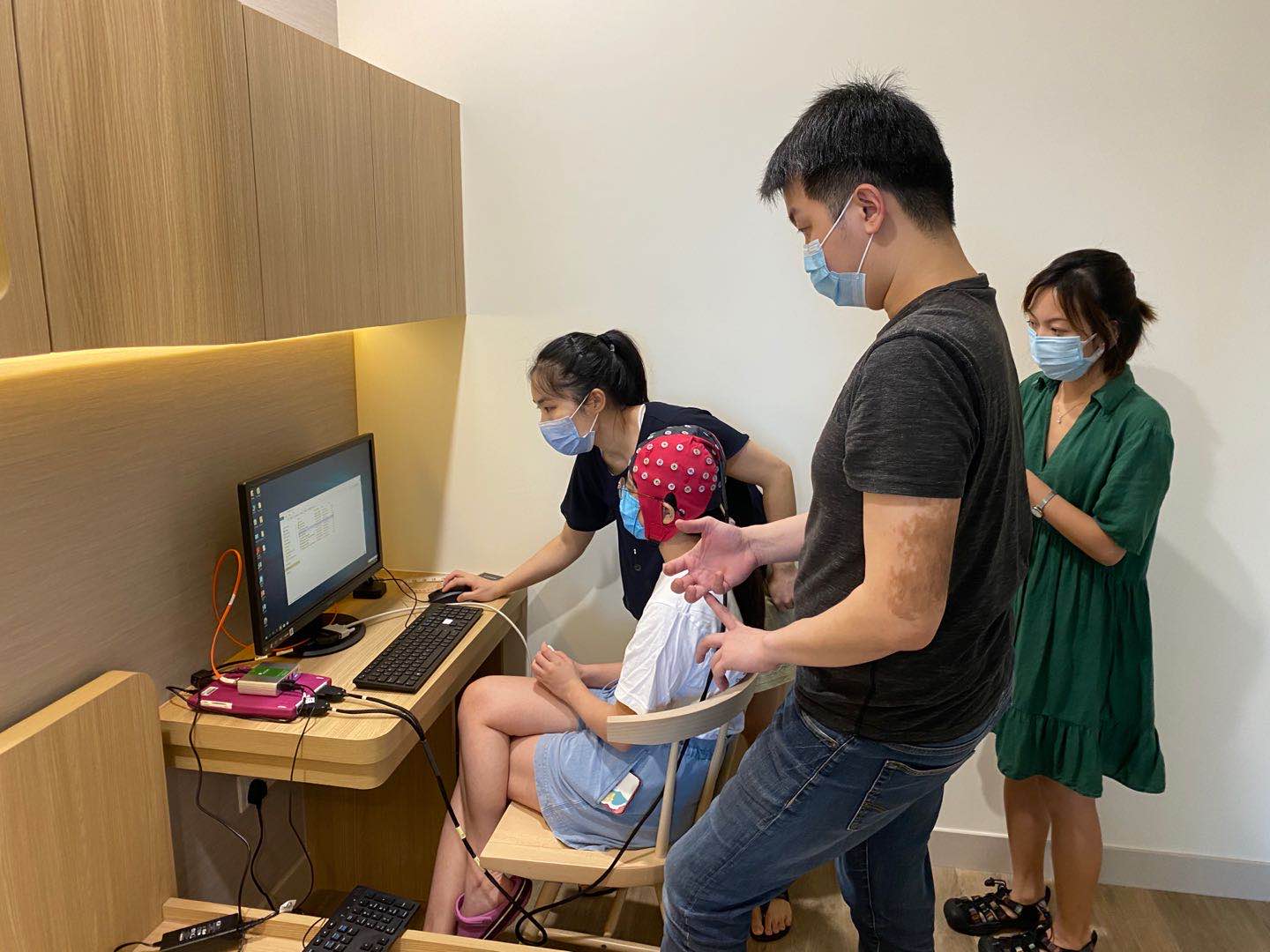
Our newly renovated sleep lab located in the Hong Kong Jockey Club Building for Interdisciplinary Research will put into use~
06/09/2020
New in PsyArxiv!

The COVID-19 pandemic poses significant threat to humans’ physical and mental wellbeing. In response, there has been an urgent “call to action” for psychological interventions that enhance positive emotion and psychological resilience. Extending upon past research documenting the wellbeing benefits of generous action, we conducted two online pre-registered experiments (N =1,623) during the pandemic in which participants were randomly assigned to engage in other- or self-beneficial action. Specifically, participants made charitable donations or gained money for themselves (Experiment 1); purchased COVID-19-related or COVID-19-unrelated items for someone else or for themselves (Experiment 2). Results showed that prosocial behavior led to greater positive affect, meaningfulness, empathy and social connectedness. Affect benefits were detectable whether prosocial spending was COVID-19-related or not. These findings provide support for one strategy to bolster wellbeing during the pandemic – generous action – which may also promote cooperation and social cohesiveness needed to contain and overcome the virus.
[link]
12/08/2020
New in Psychological Bulletin!
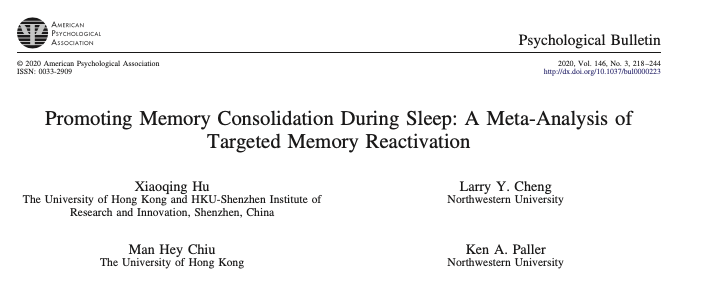
Our new meta-analysis Promoting memory consolidation during sleep: A meta-analysis of targeted memory reactivation got published on Psychological Bulletin.
[link]
12/06/2020
Contact Us
Social & Cognitive Neuroscience Laboratory
Jockey Club Tower, Centennial Campus,
The University of Hong Kong,
Hong Kong, S.A.R. China
Copyright © 2023
Social & Cognitive Neuroscience Laboratory all rights reserved